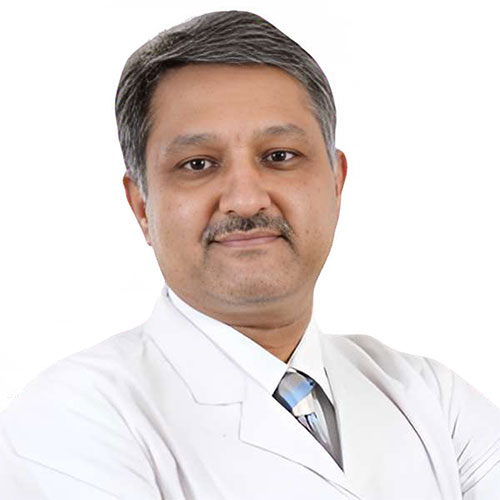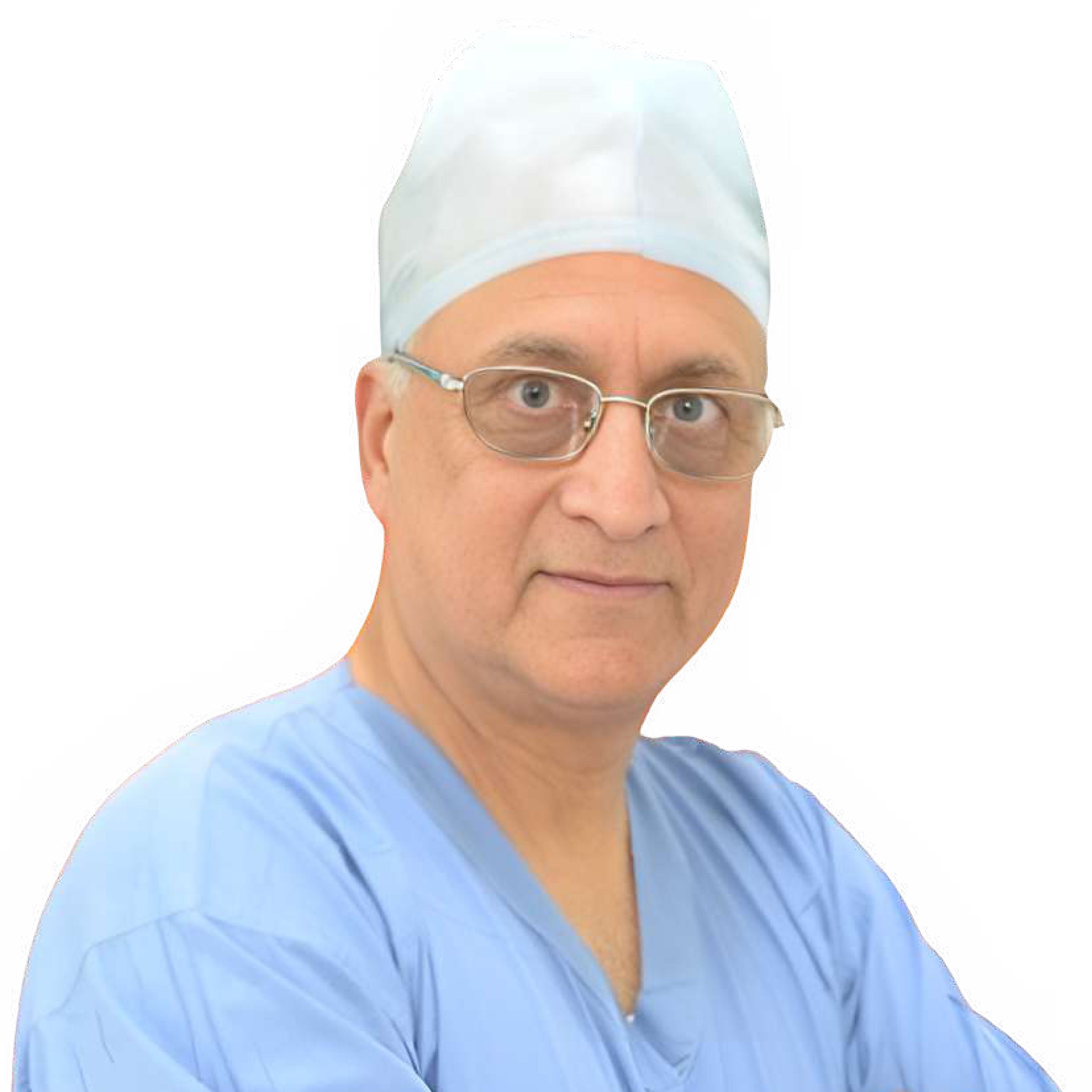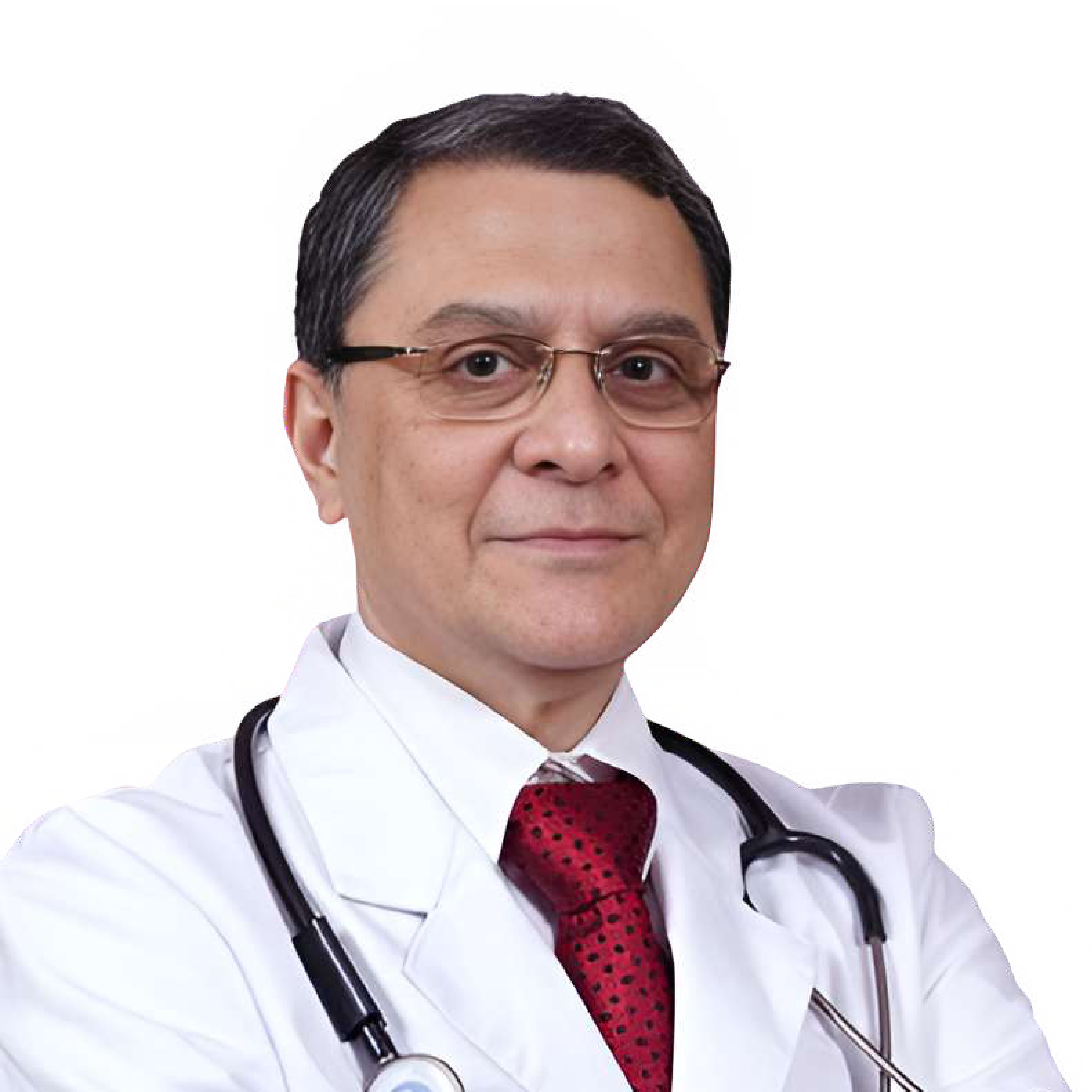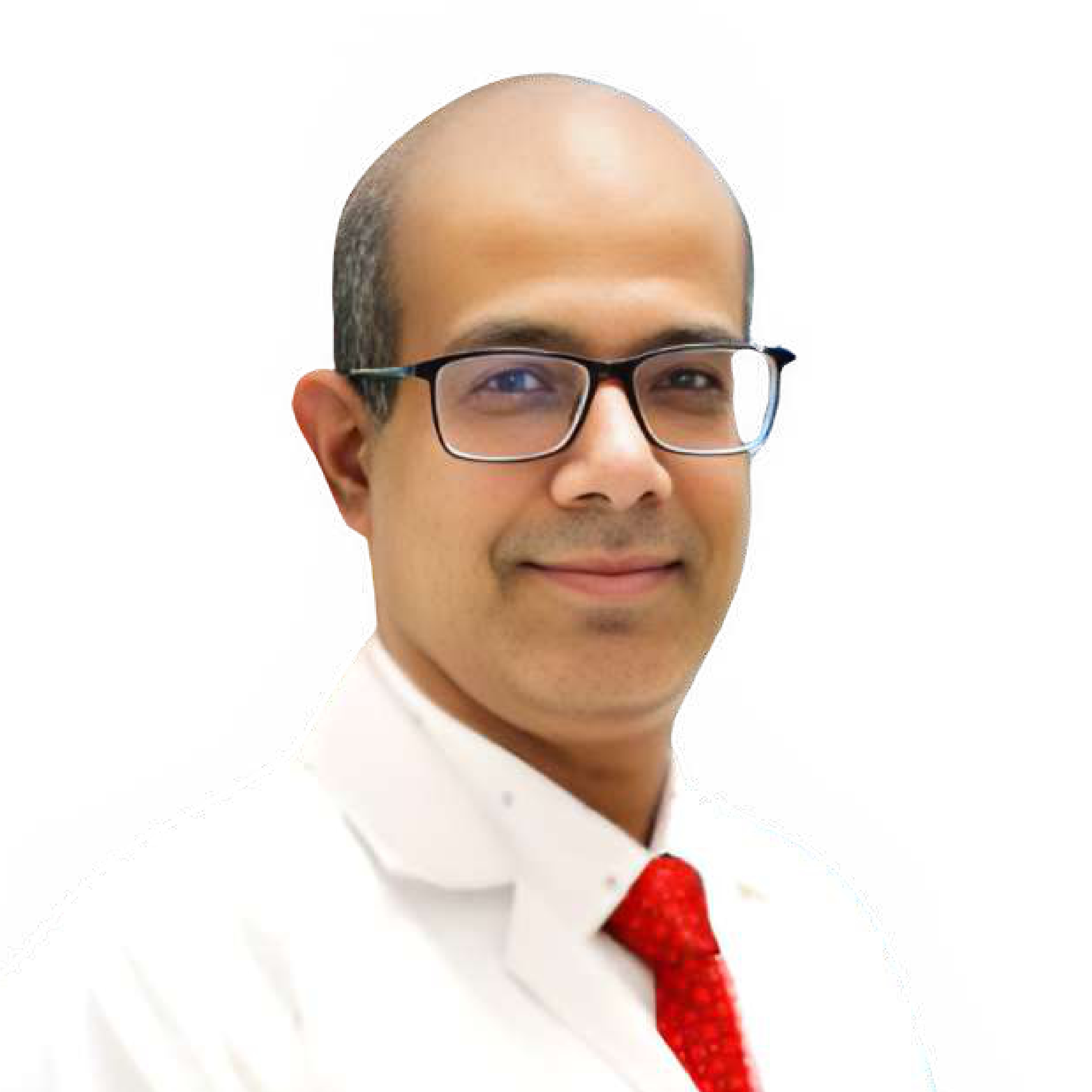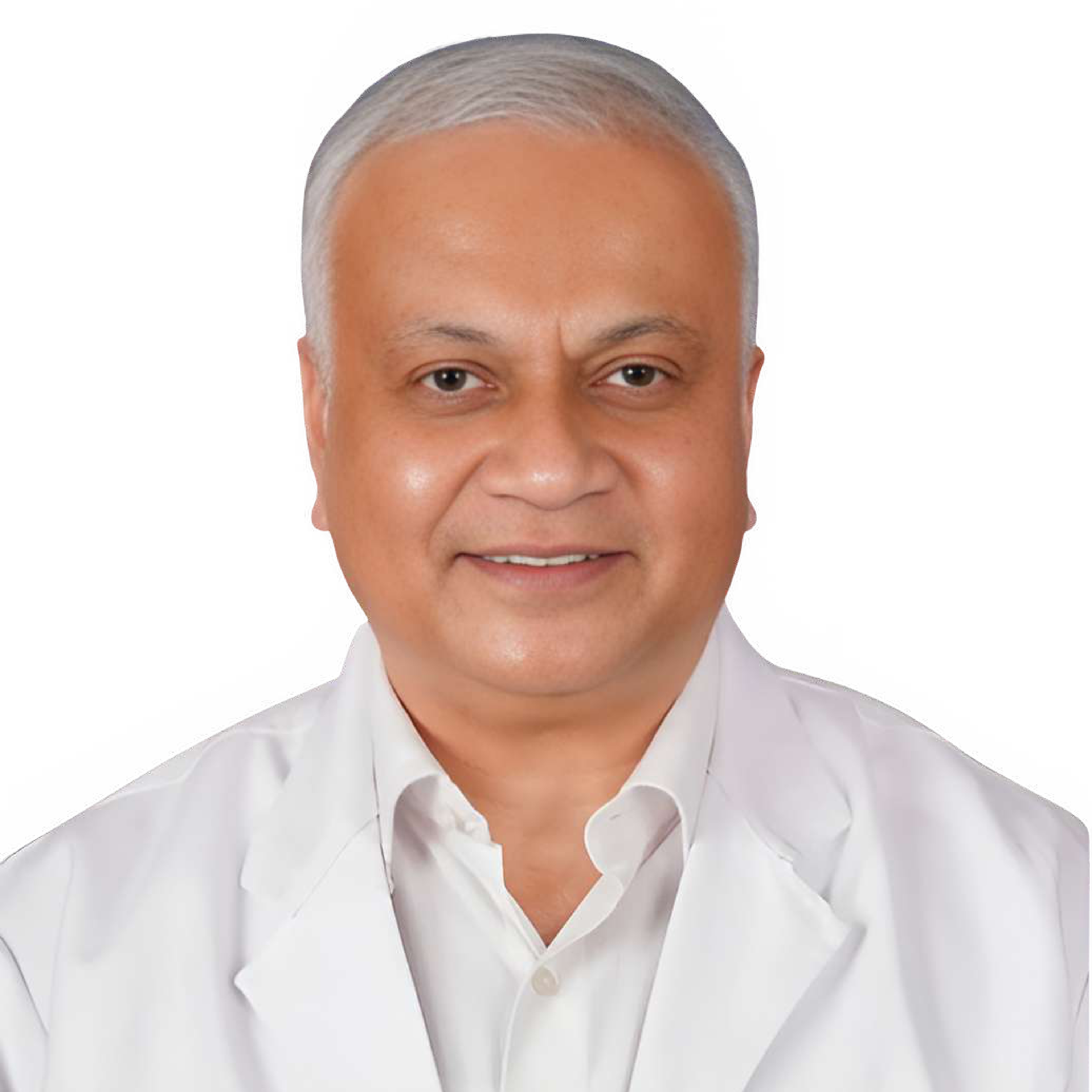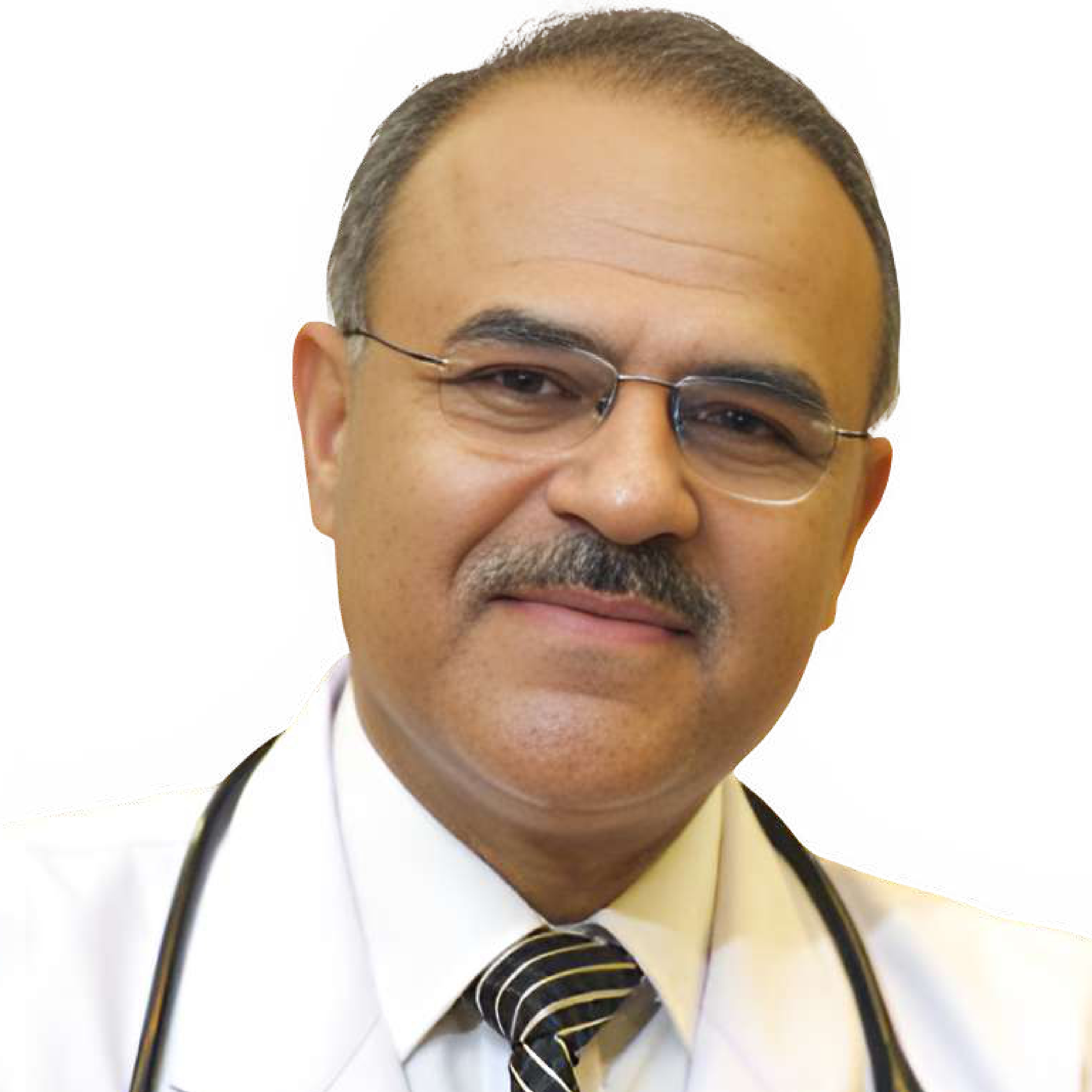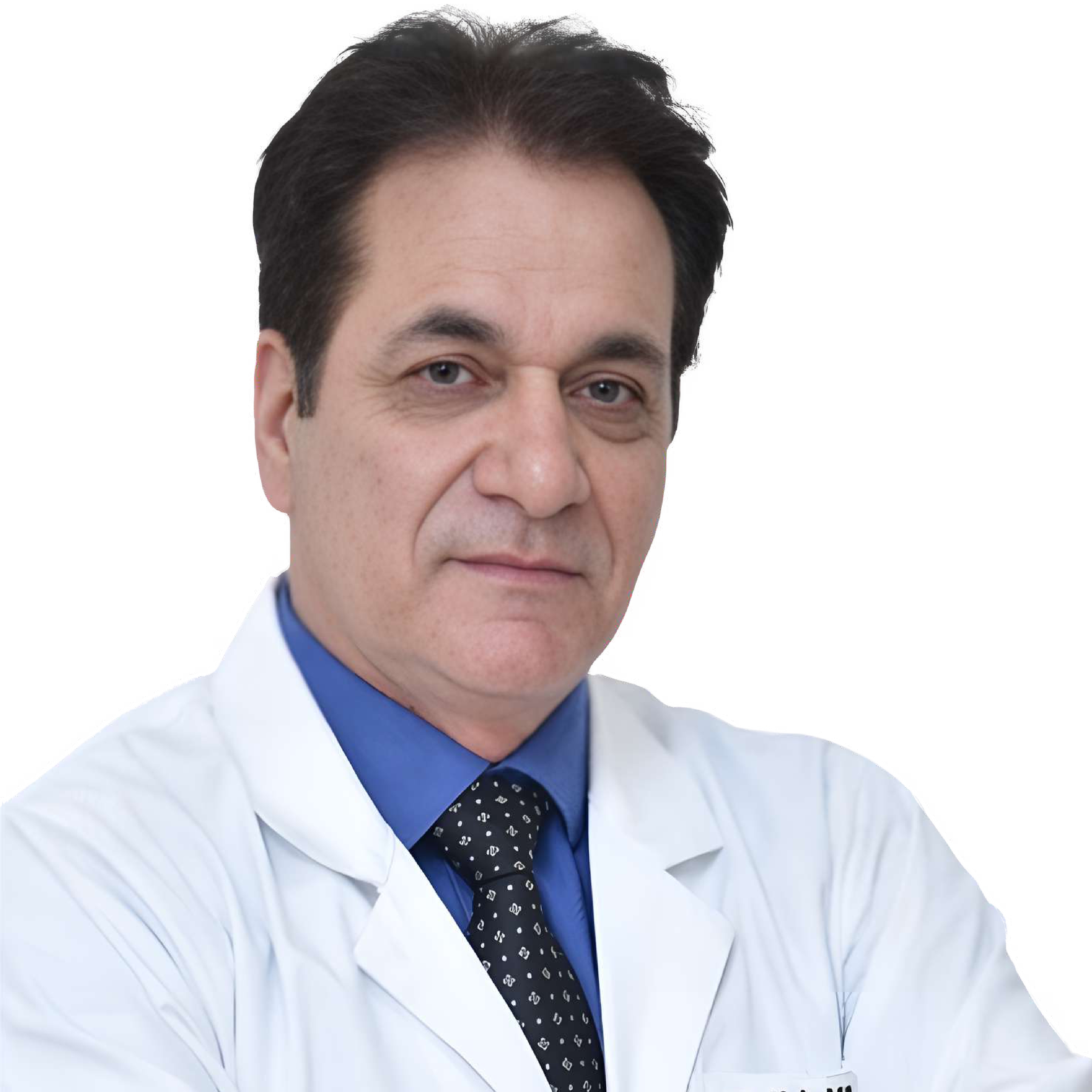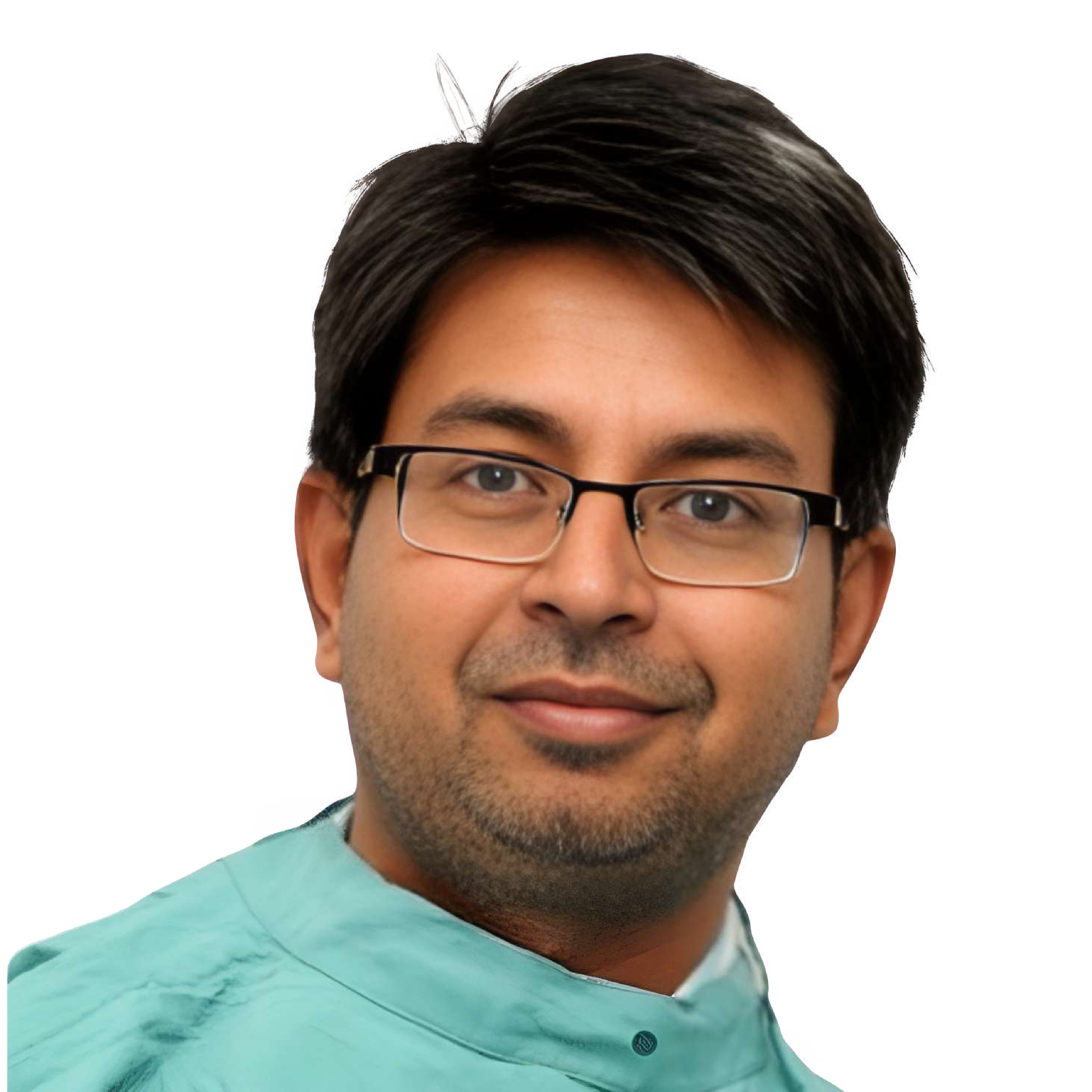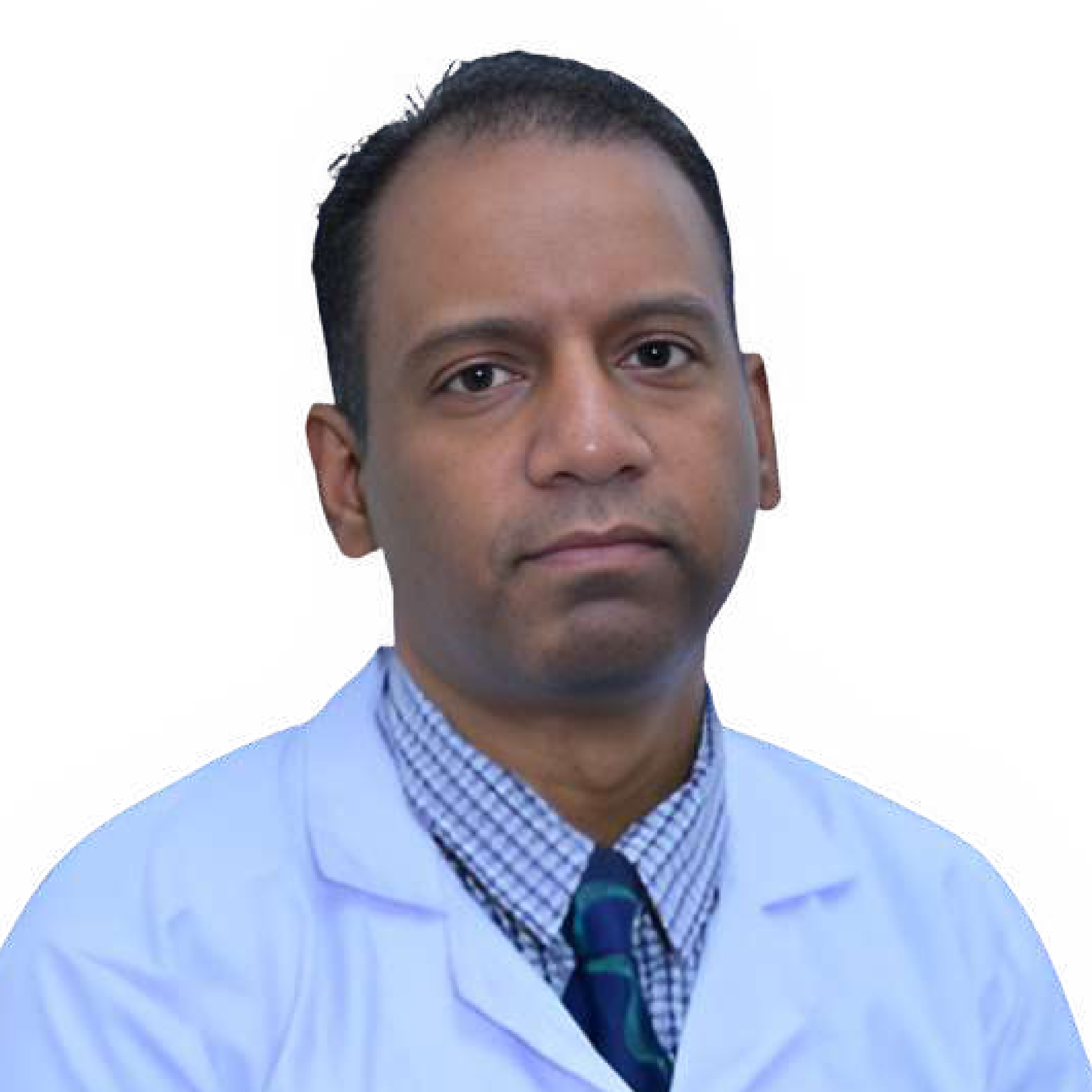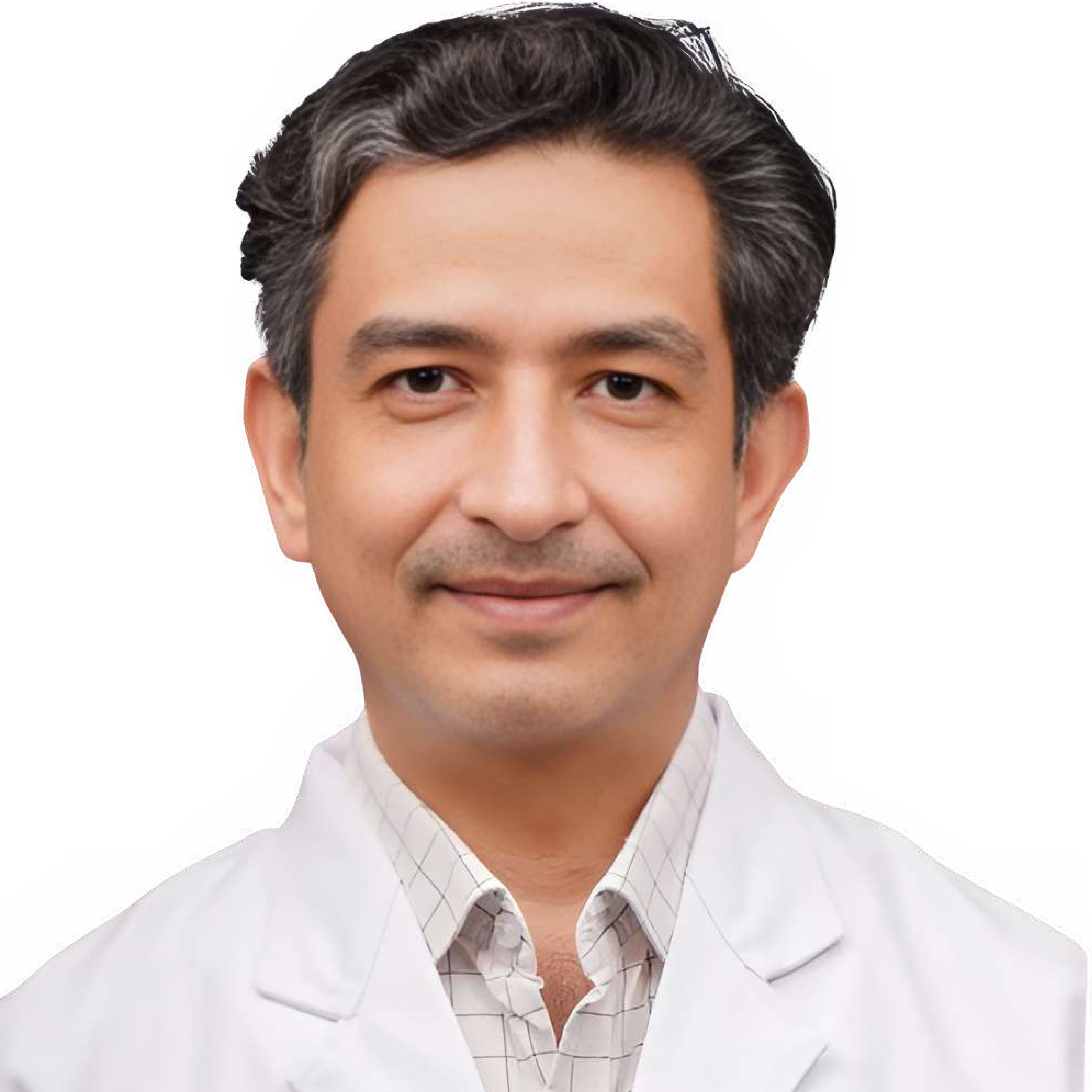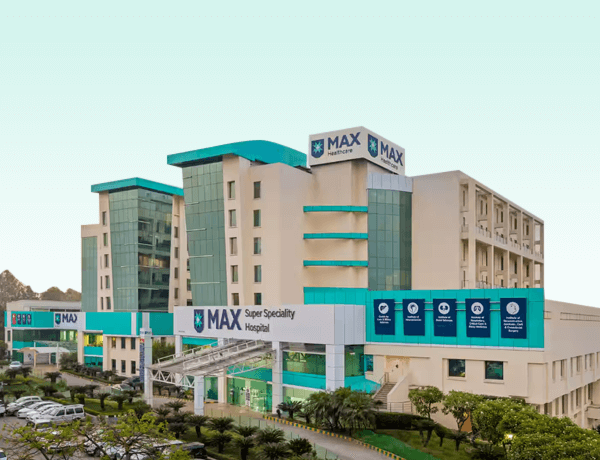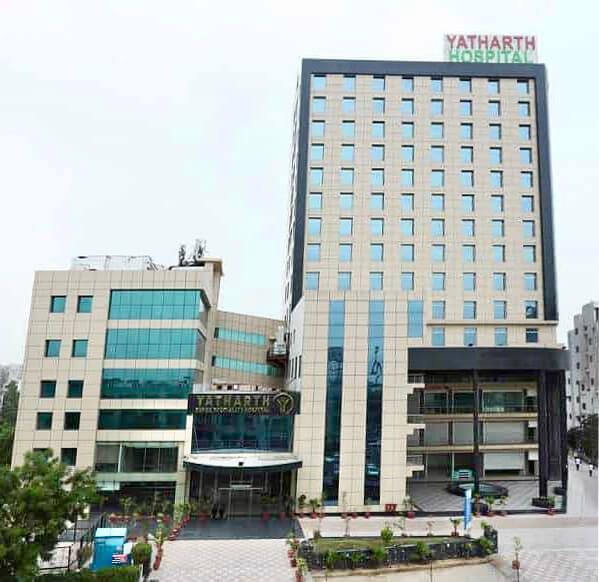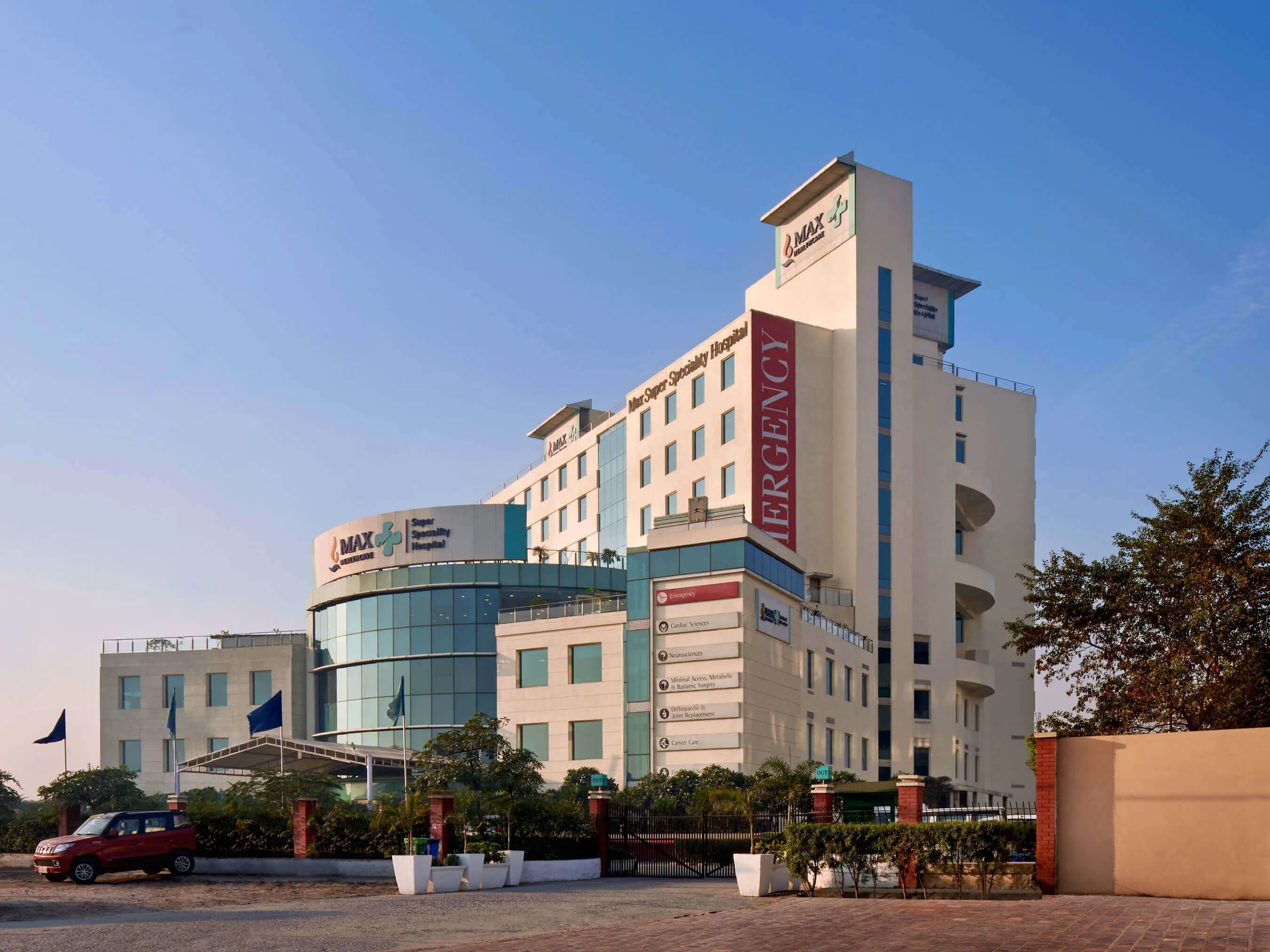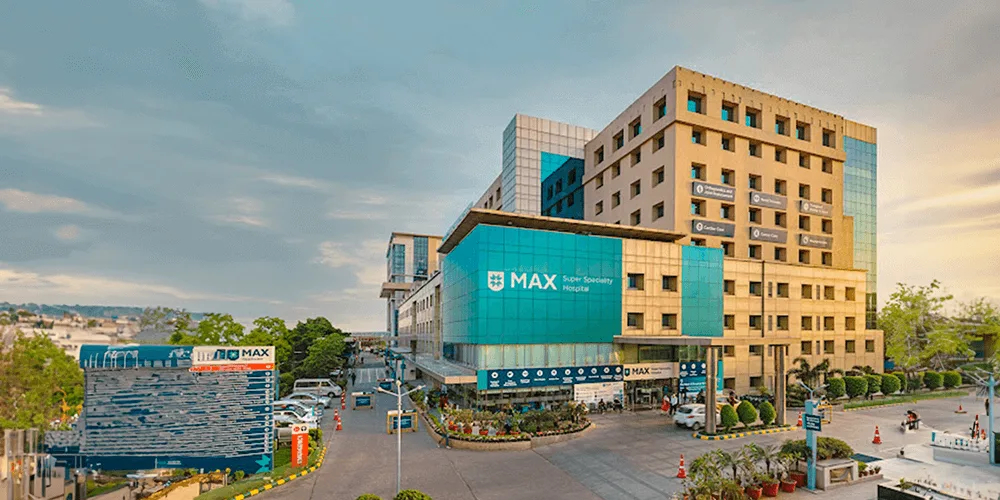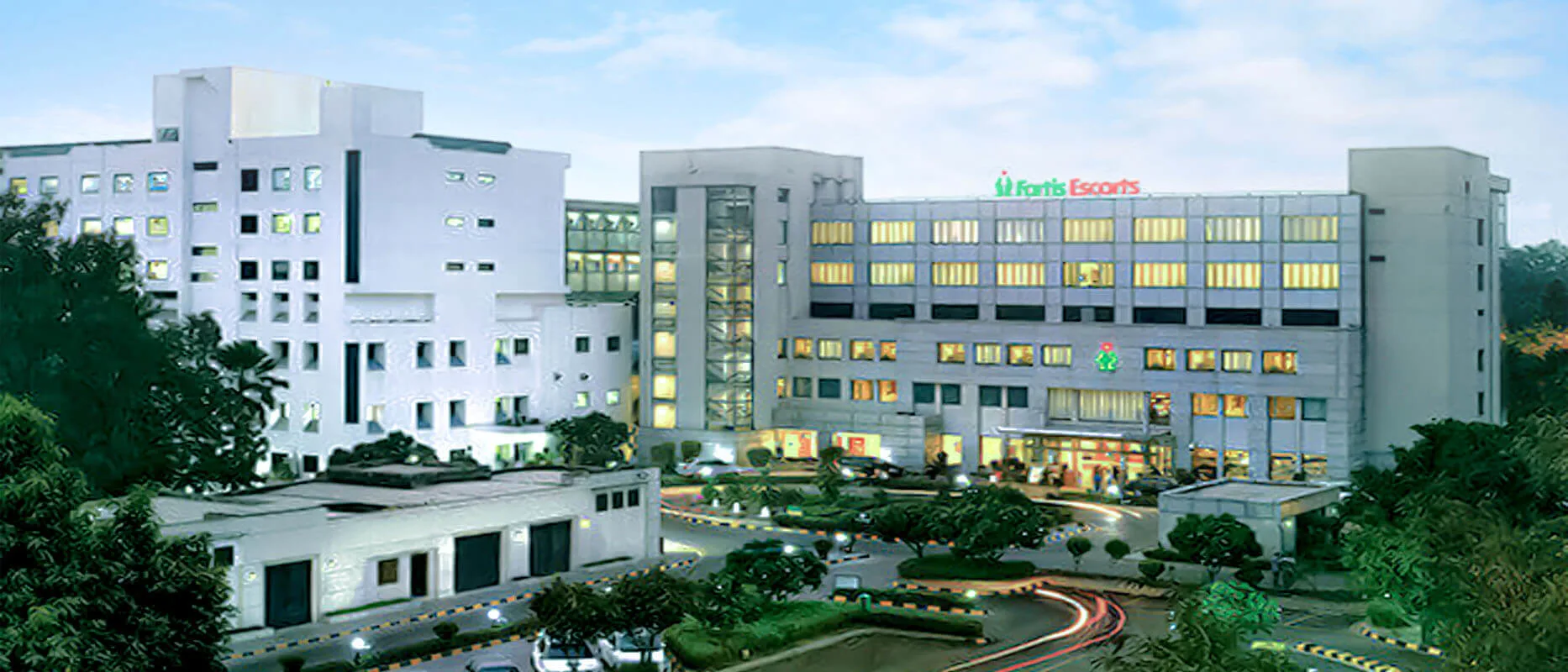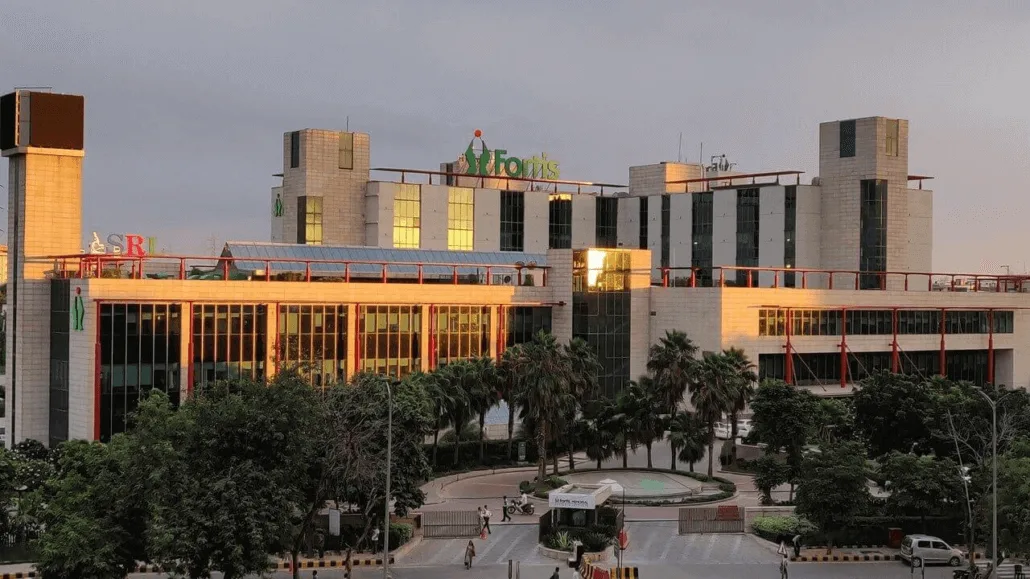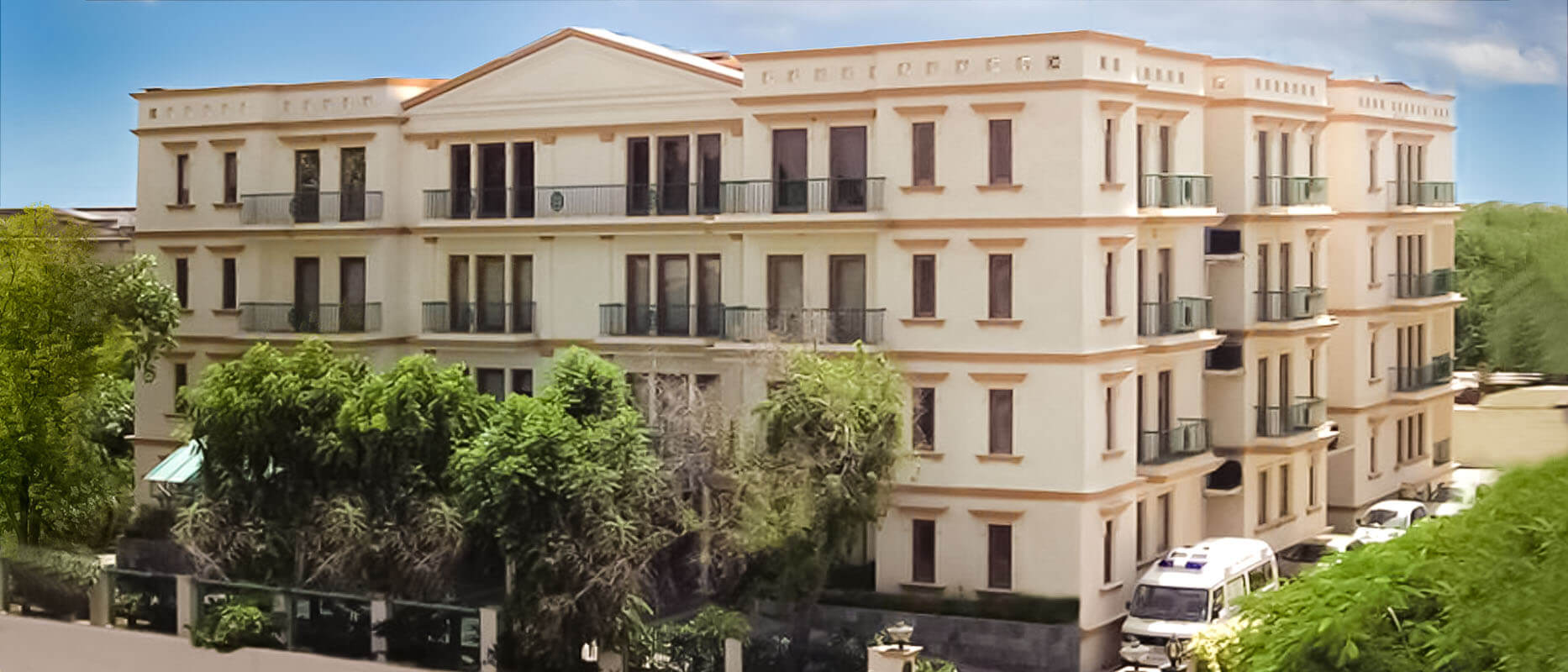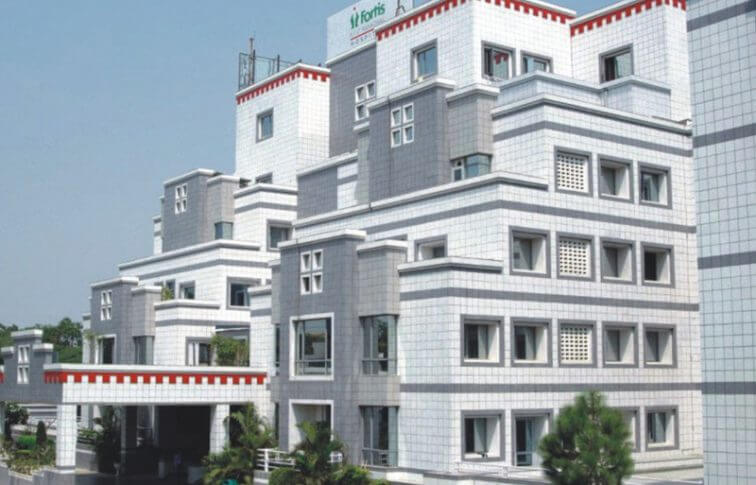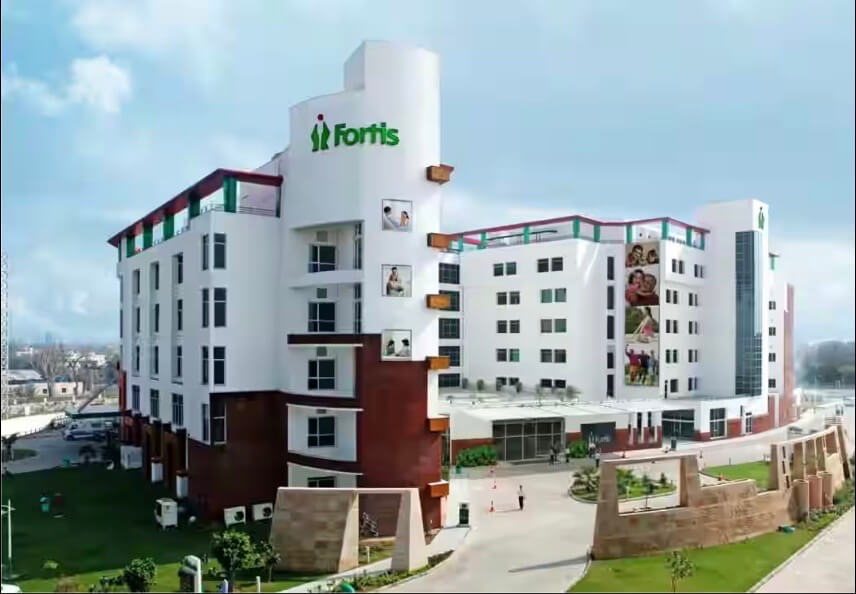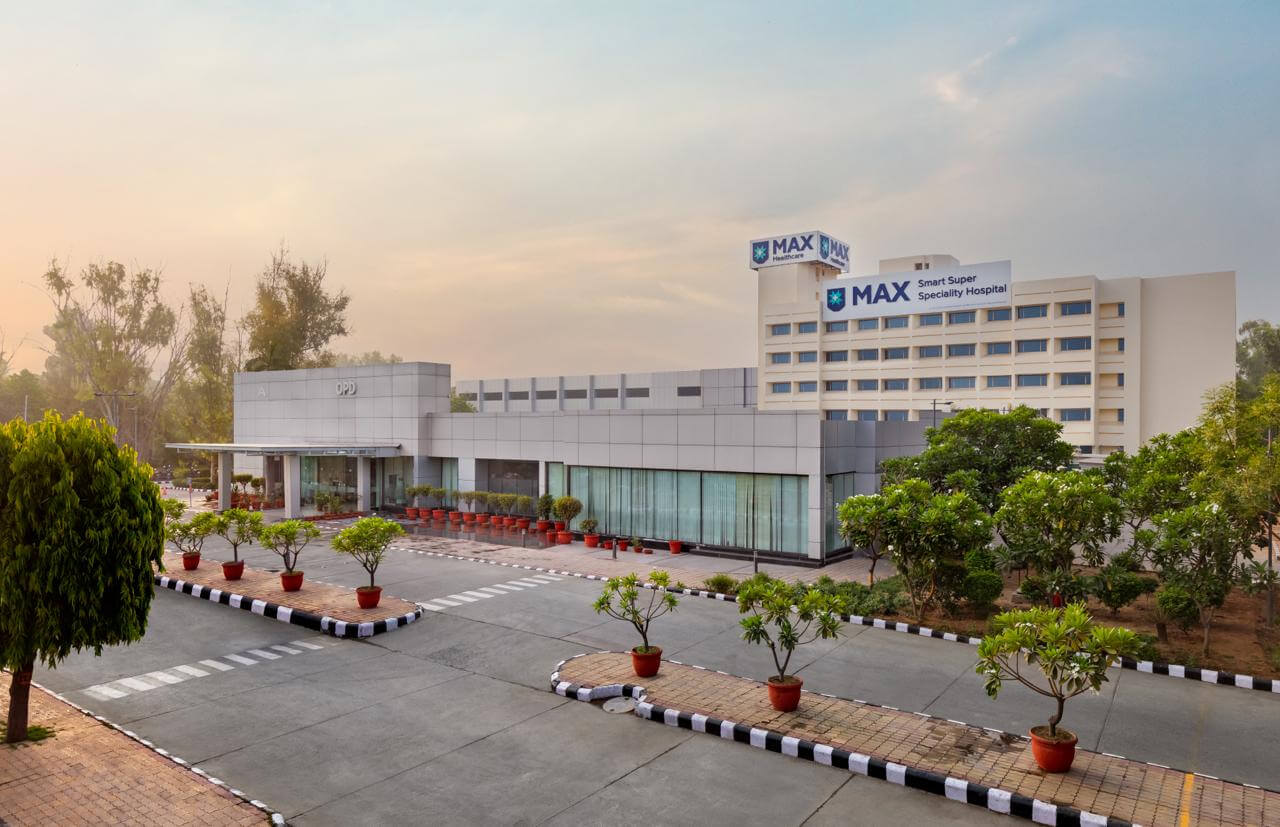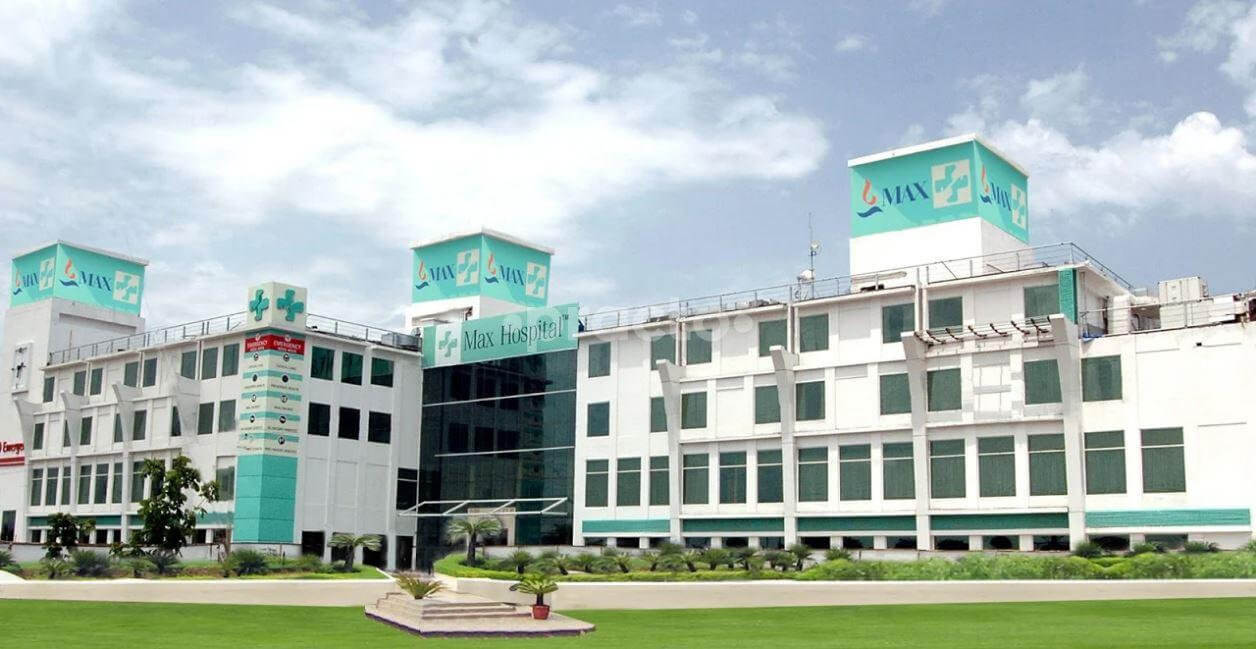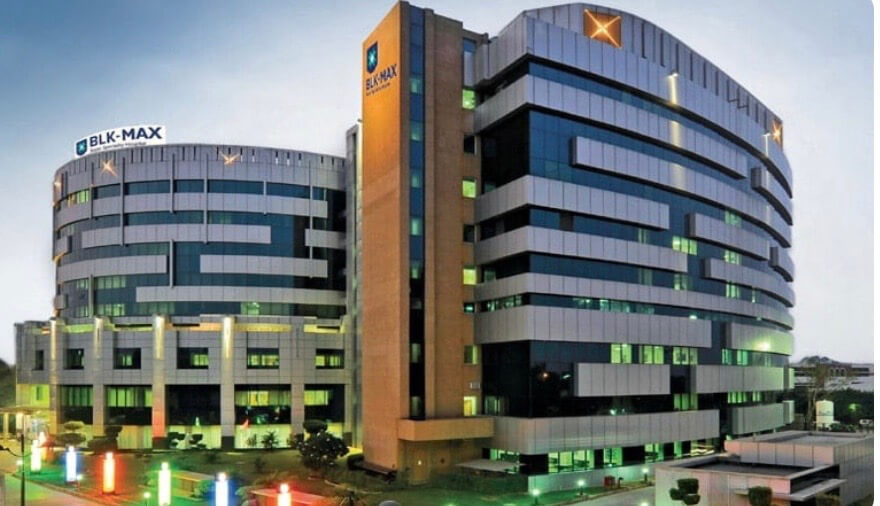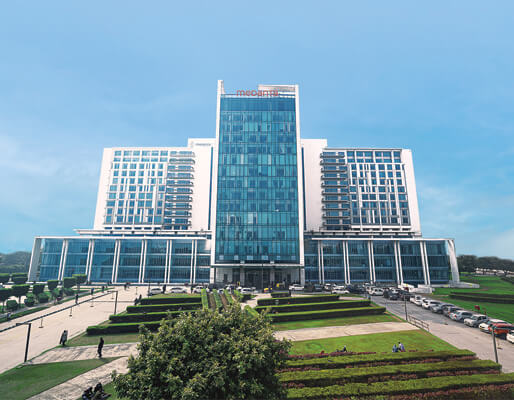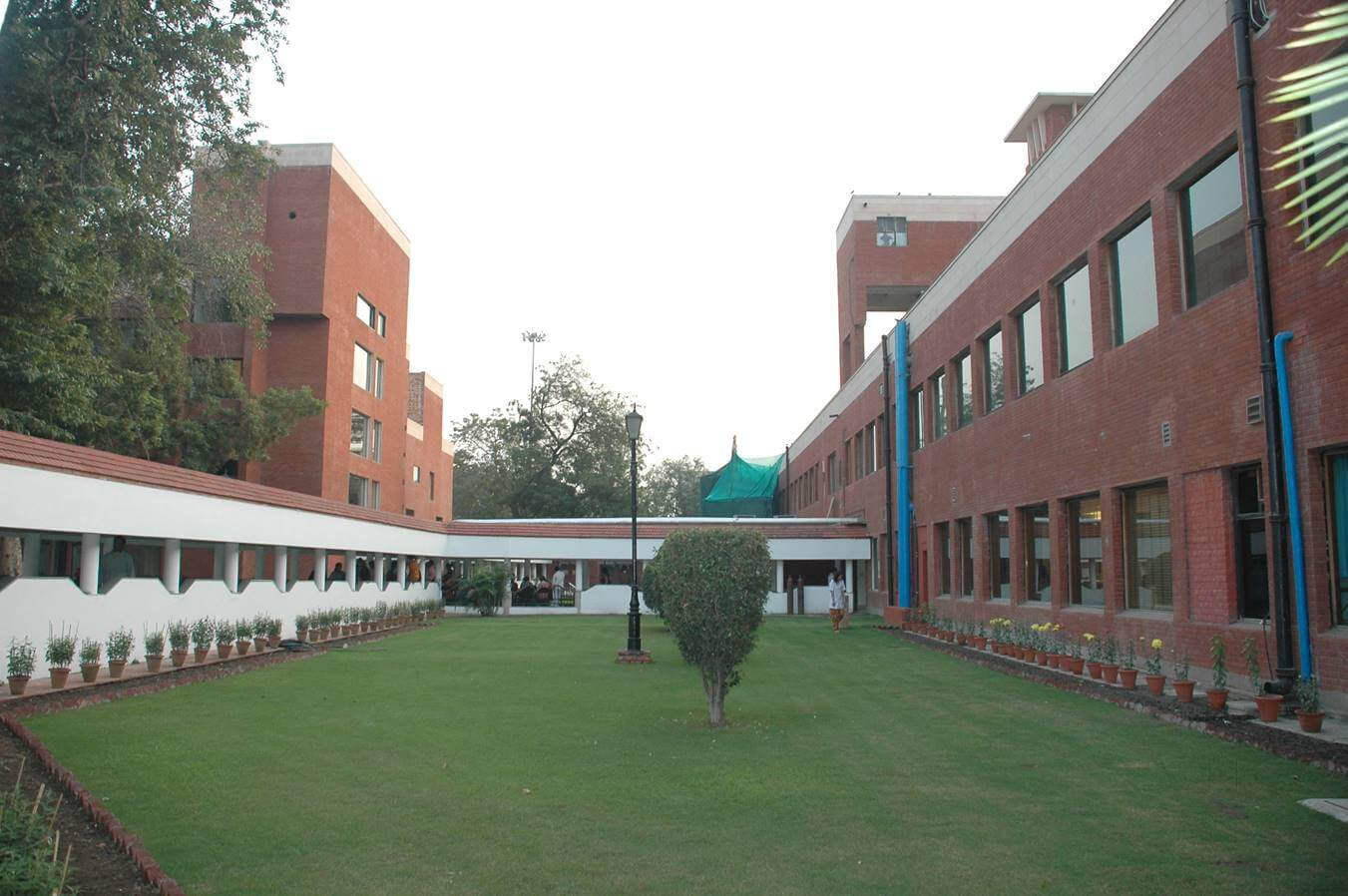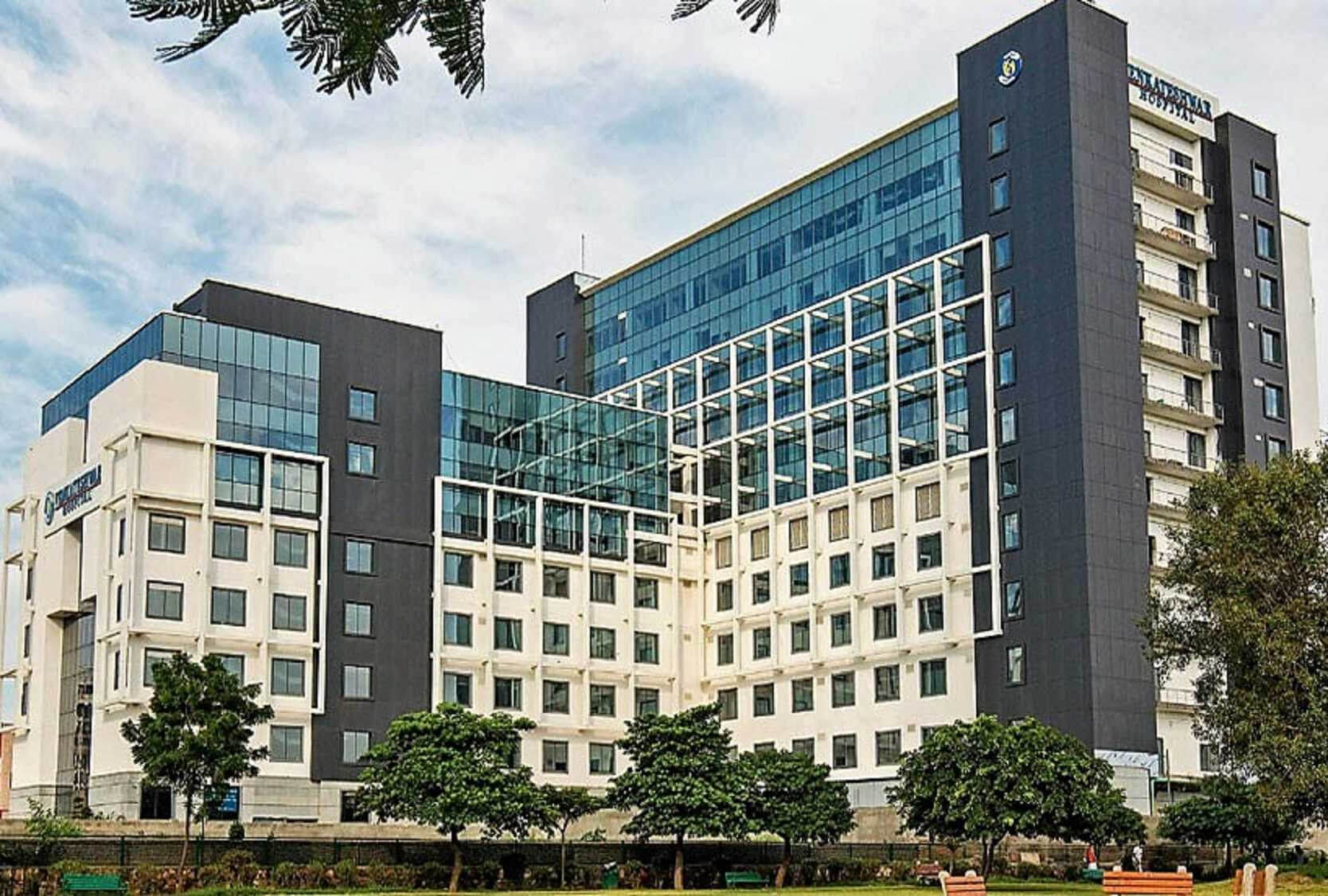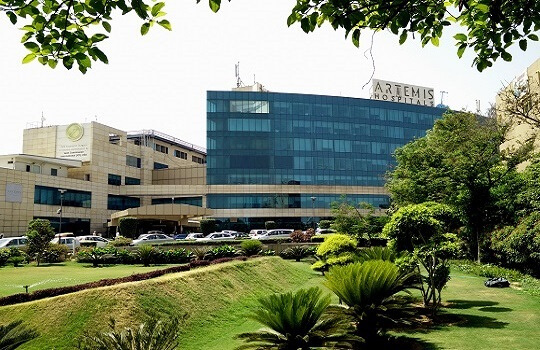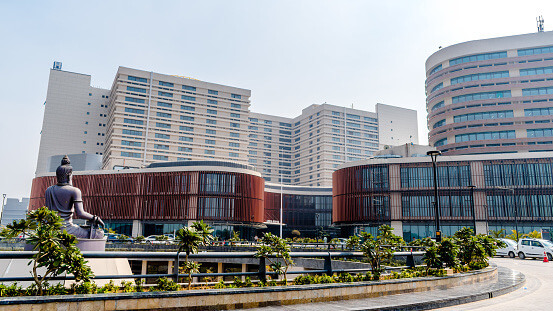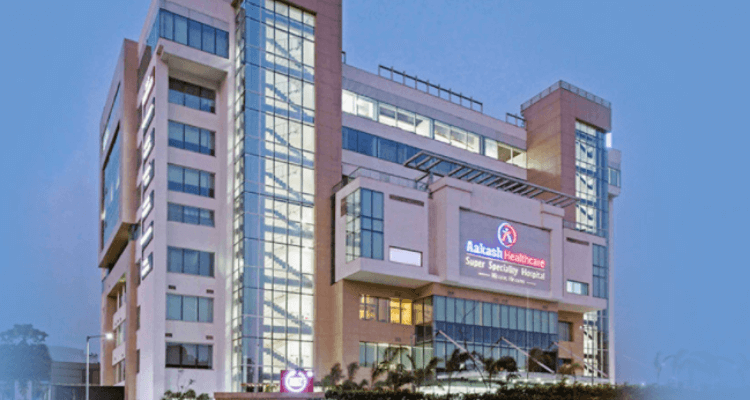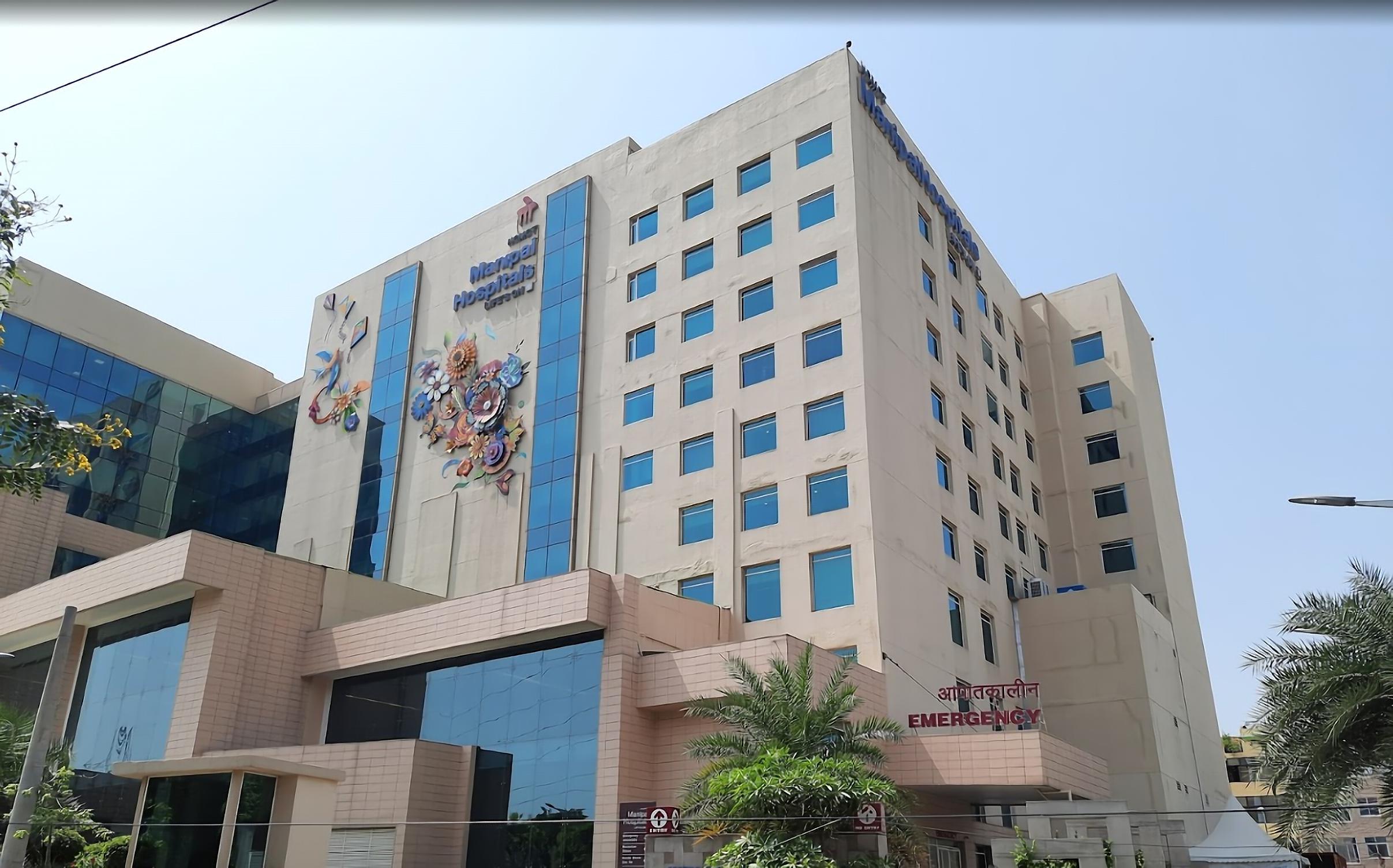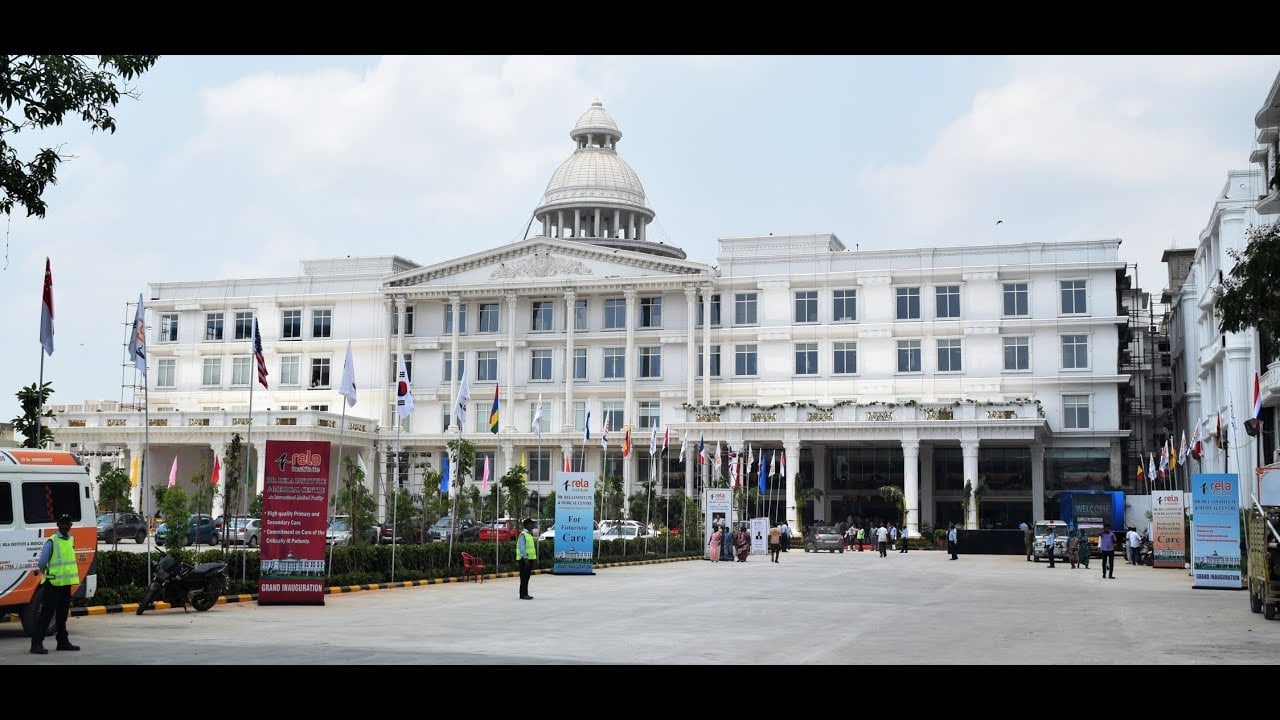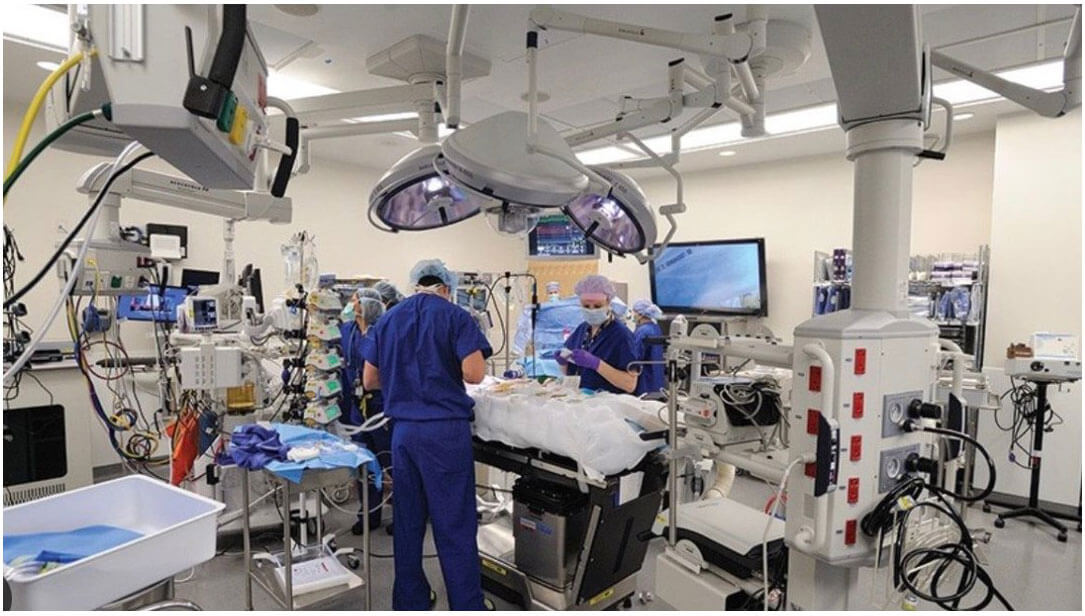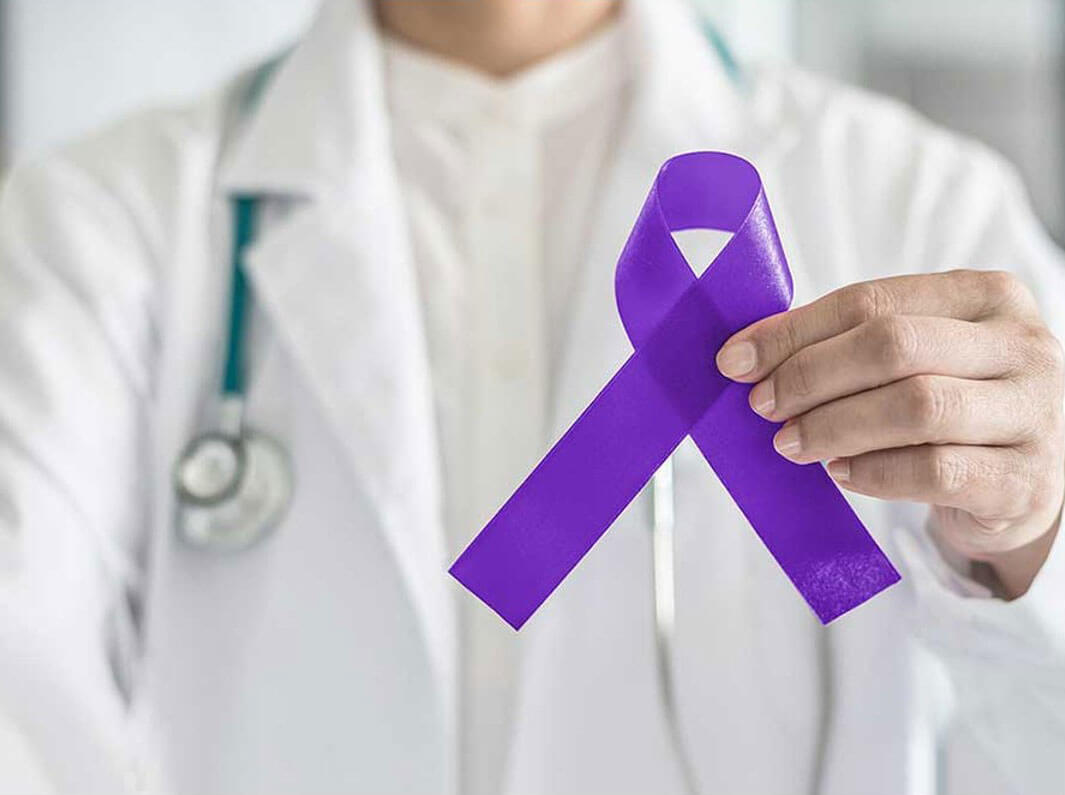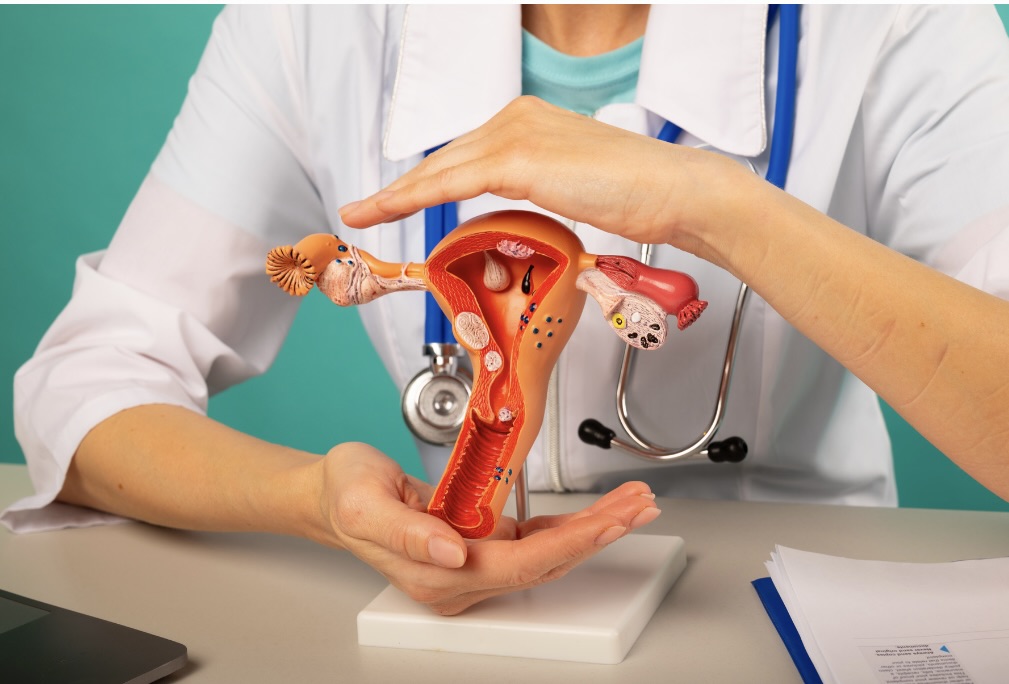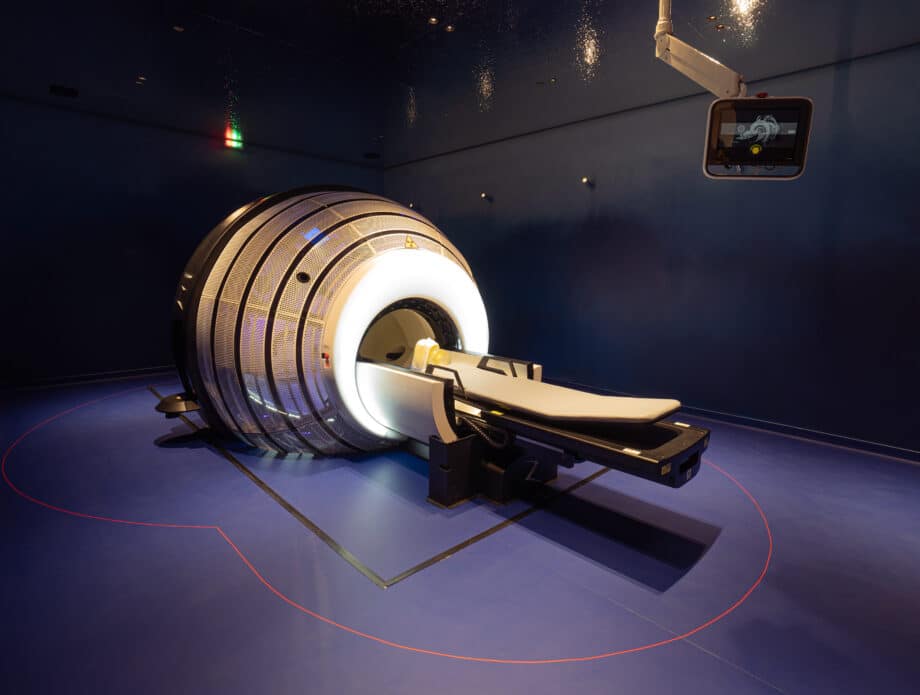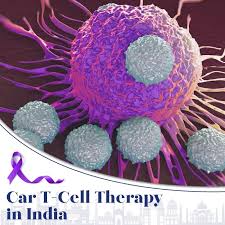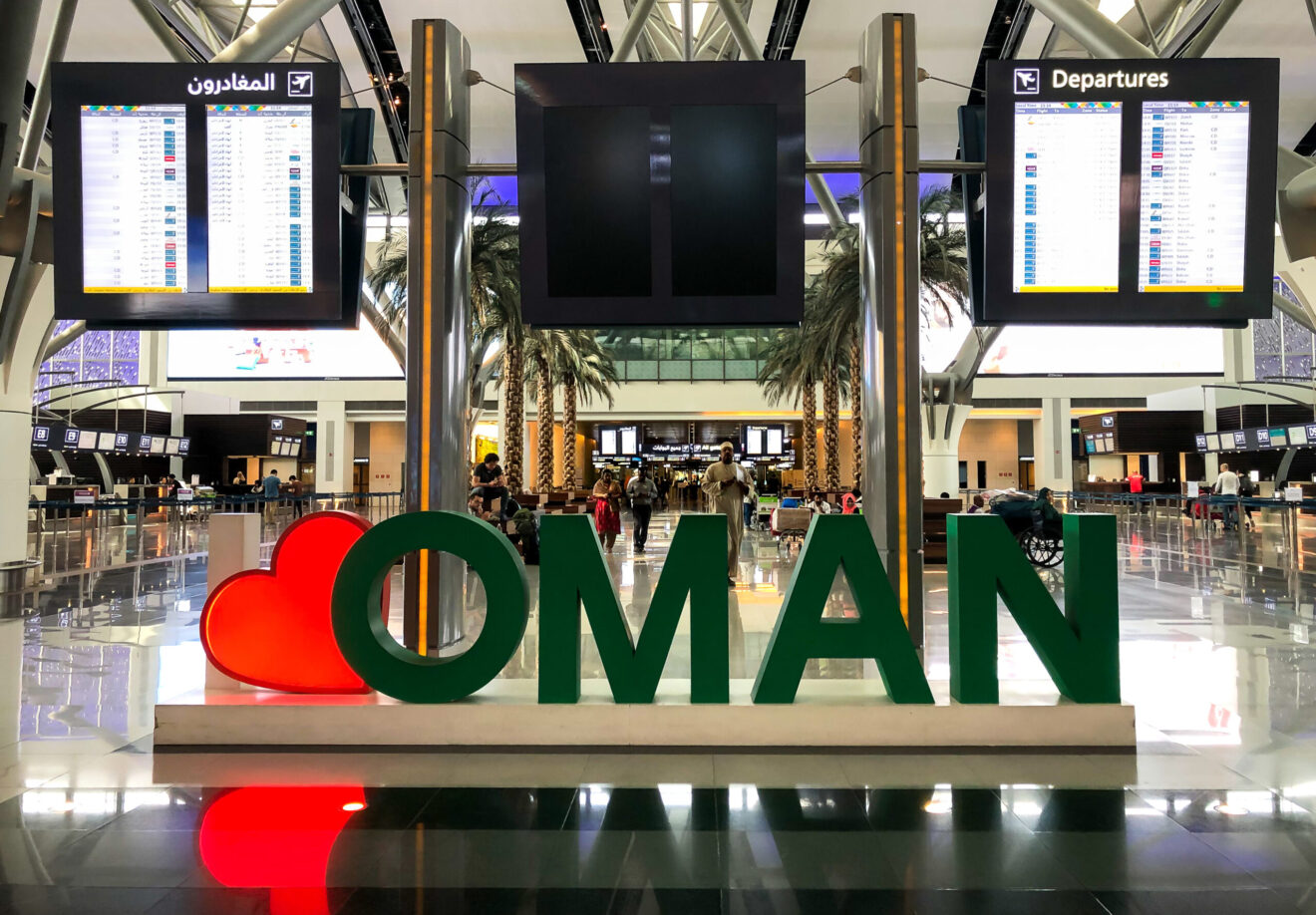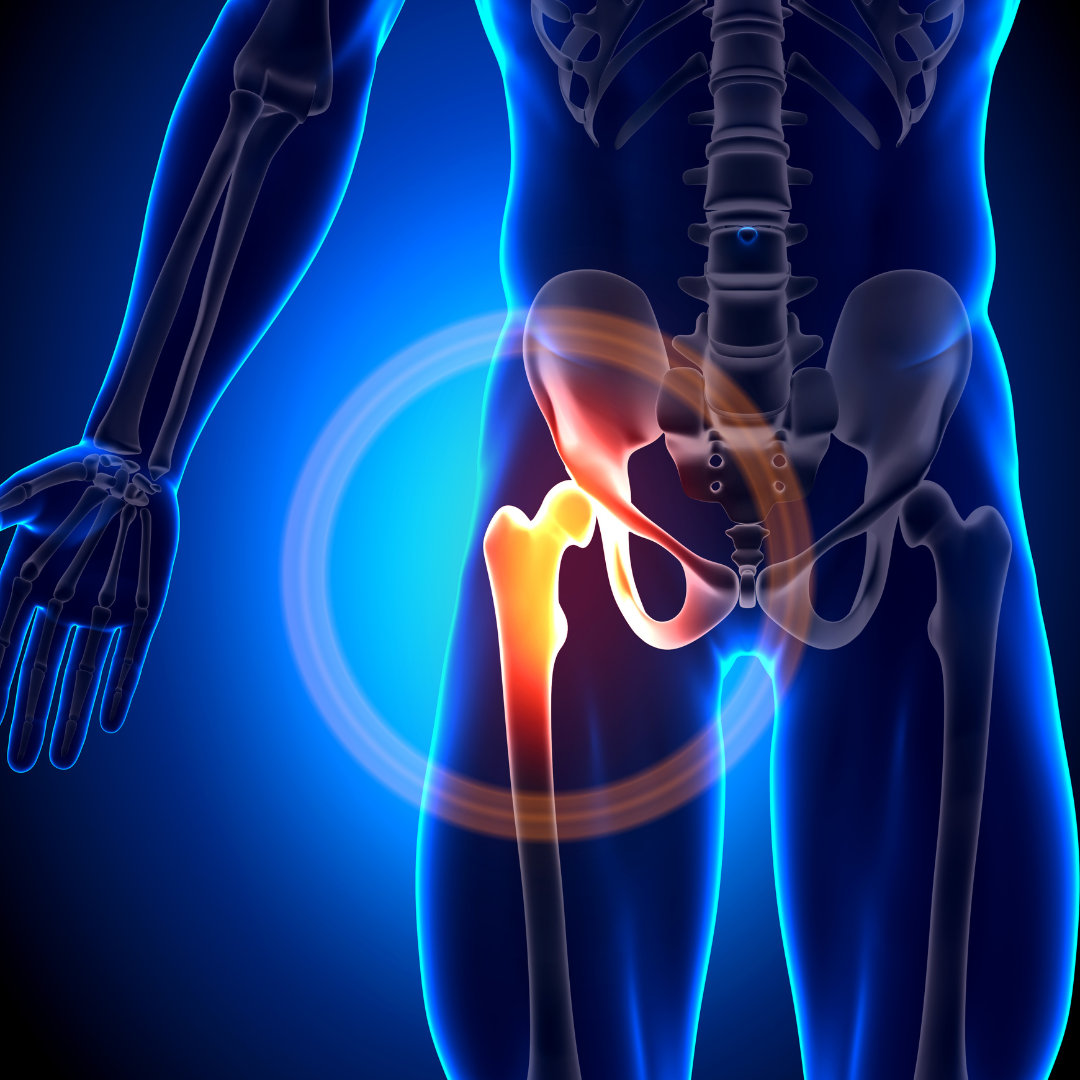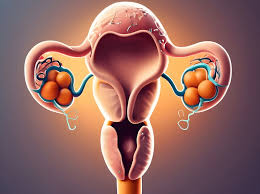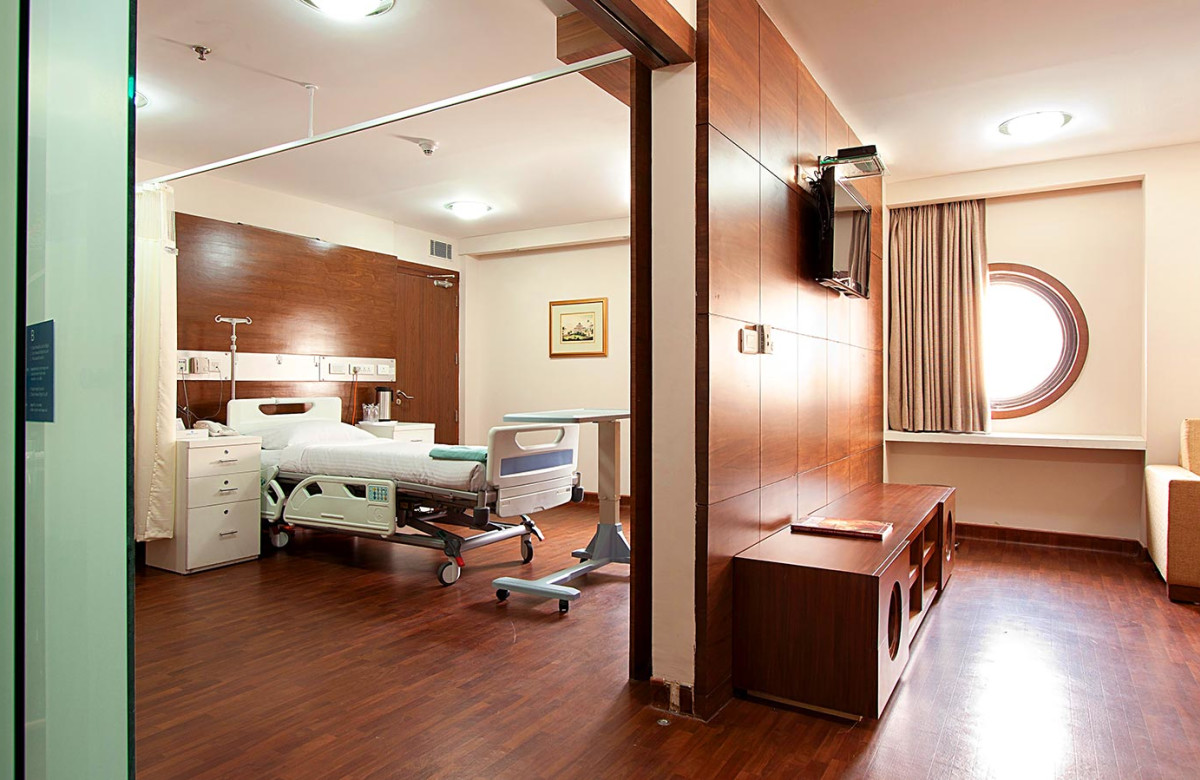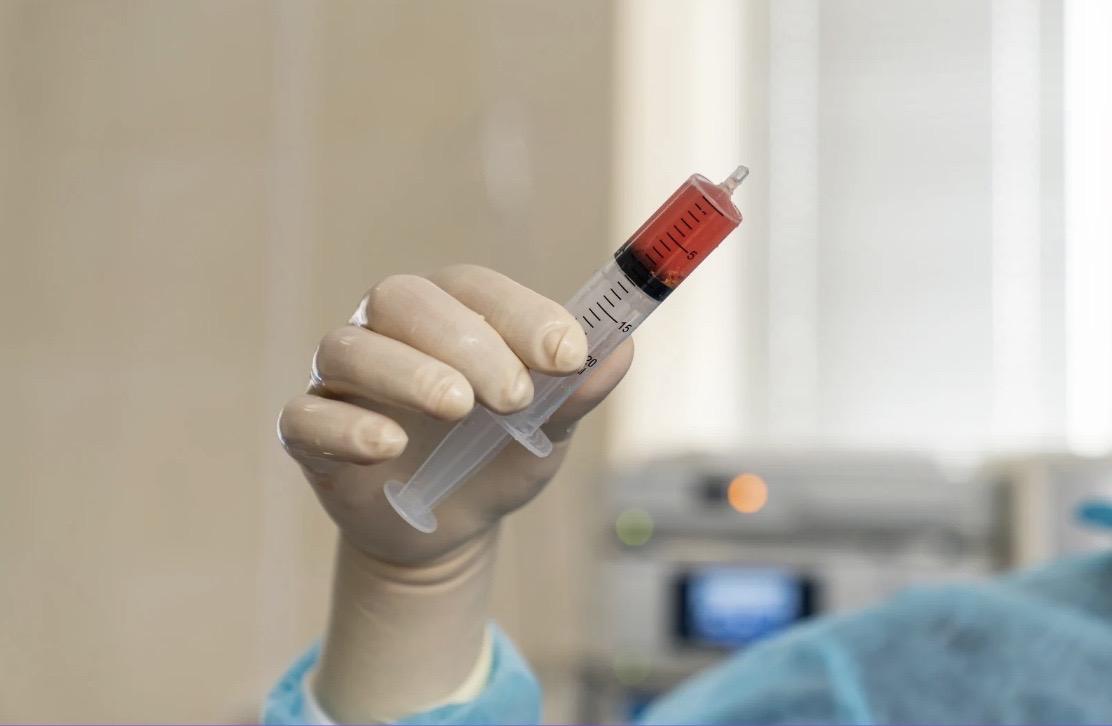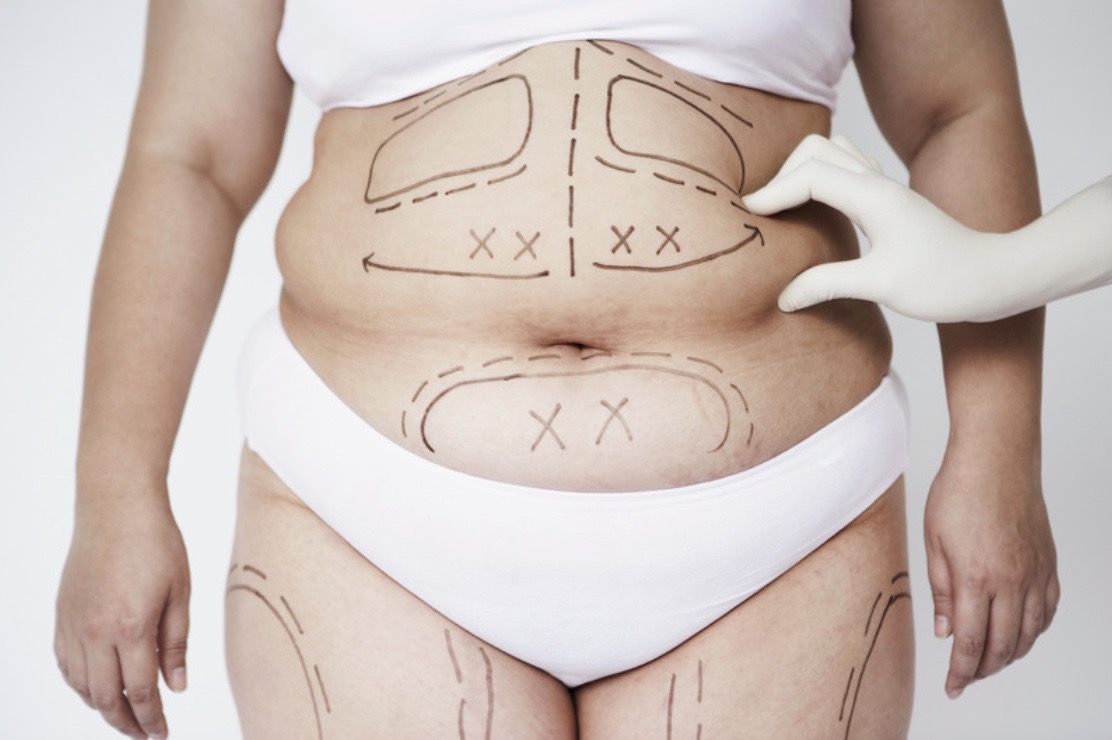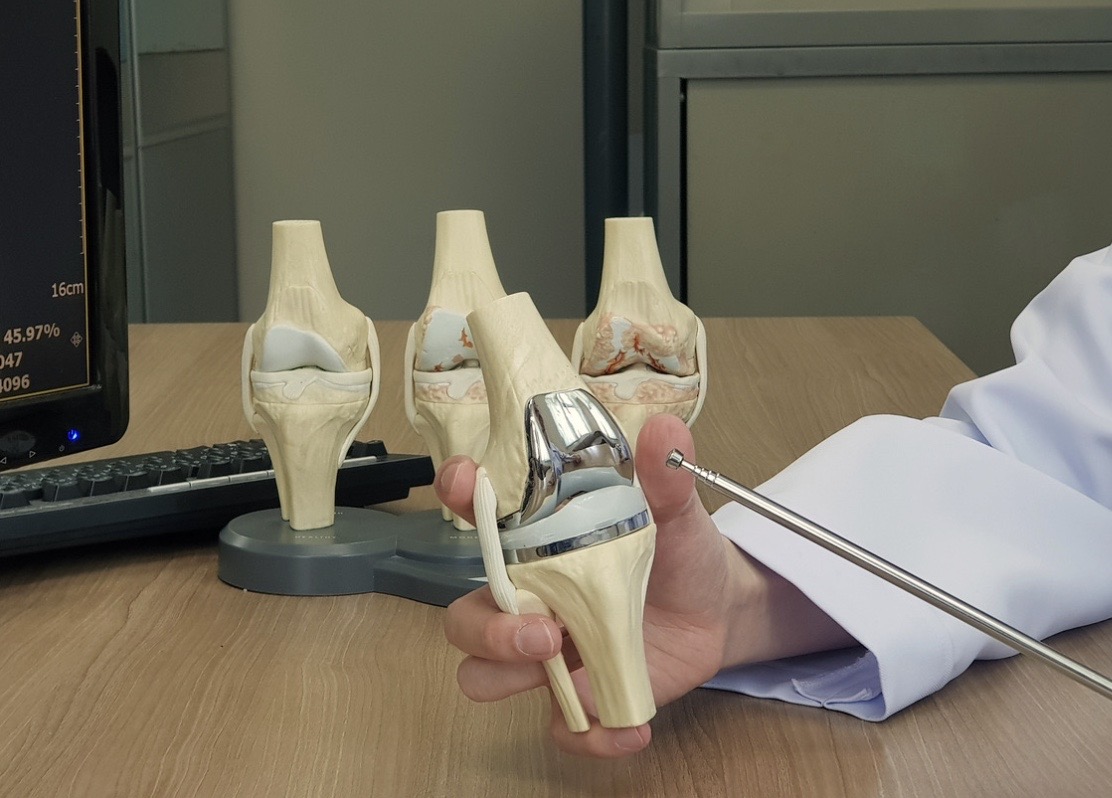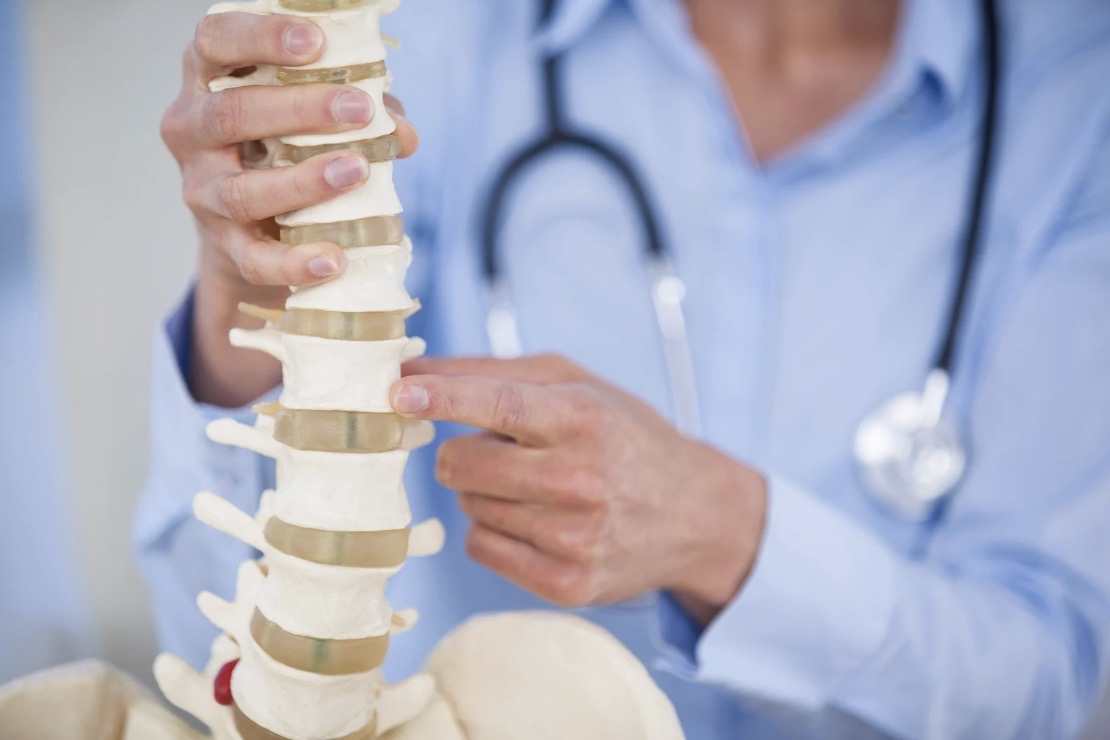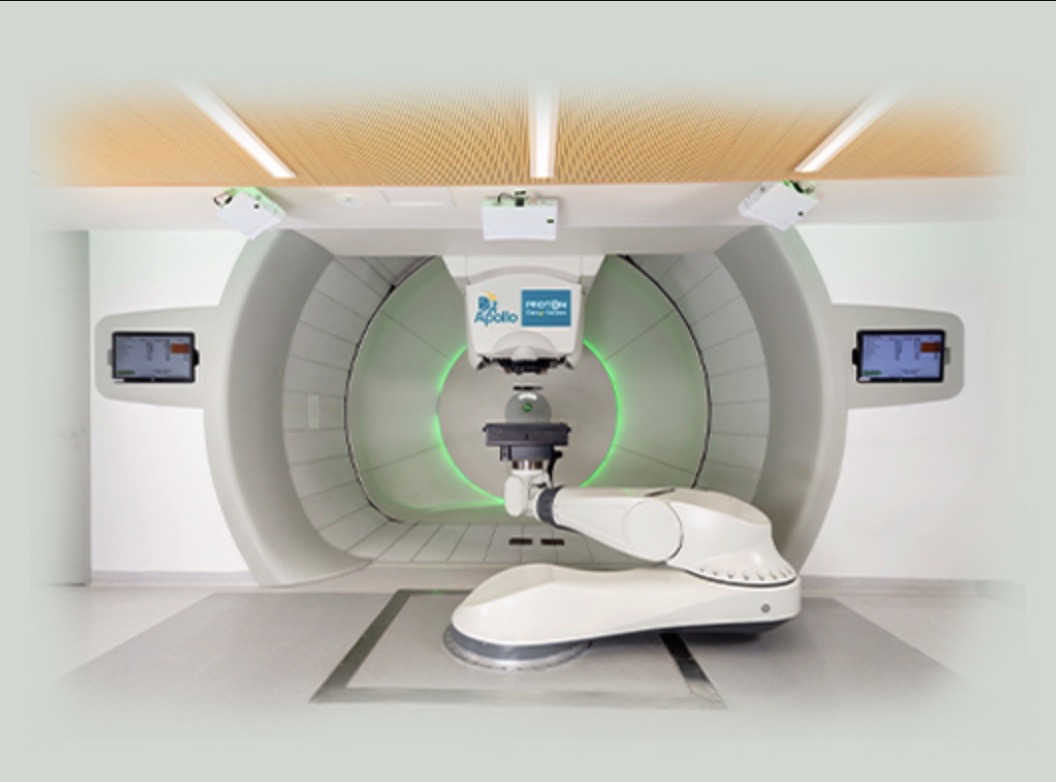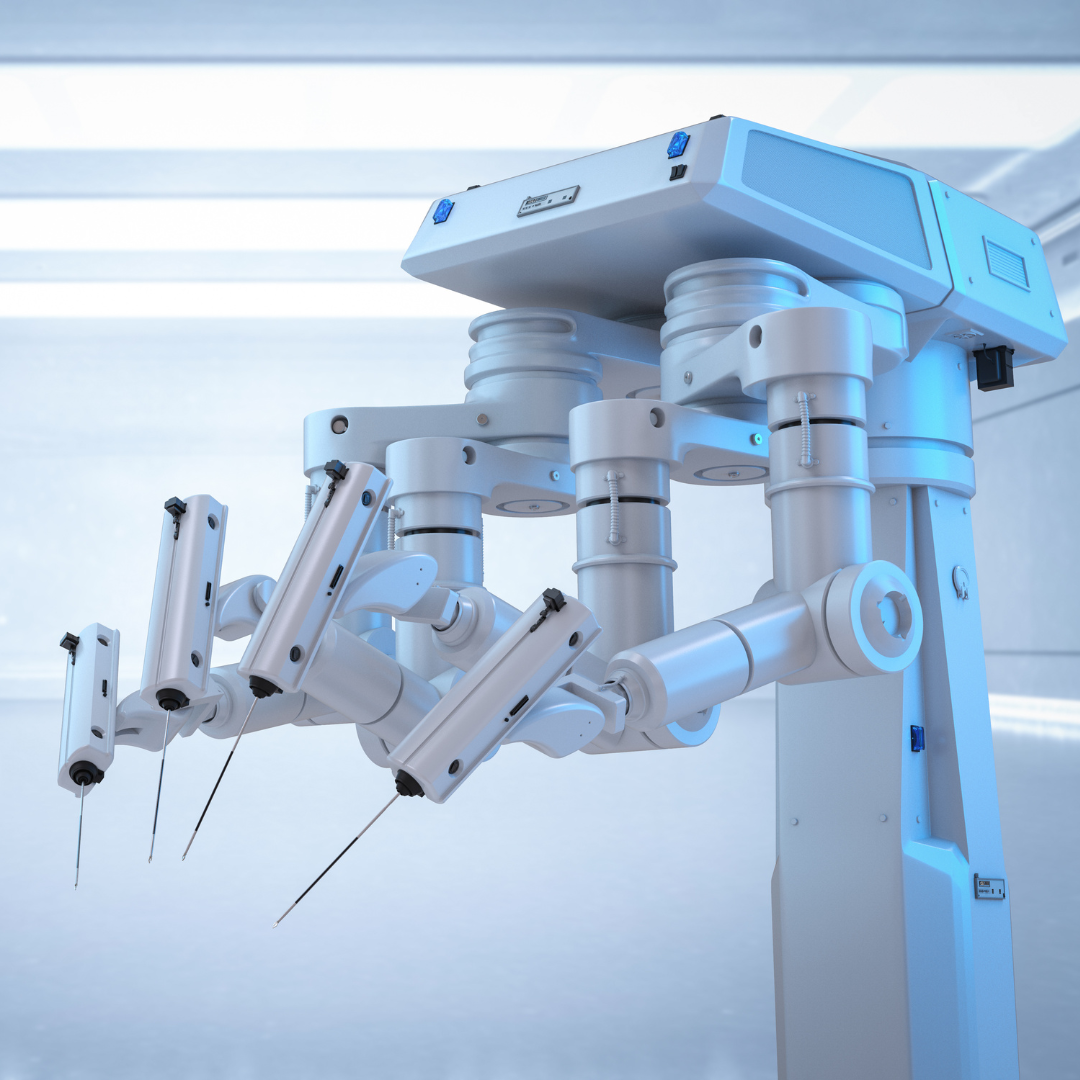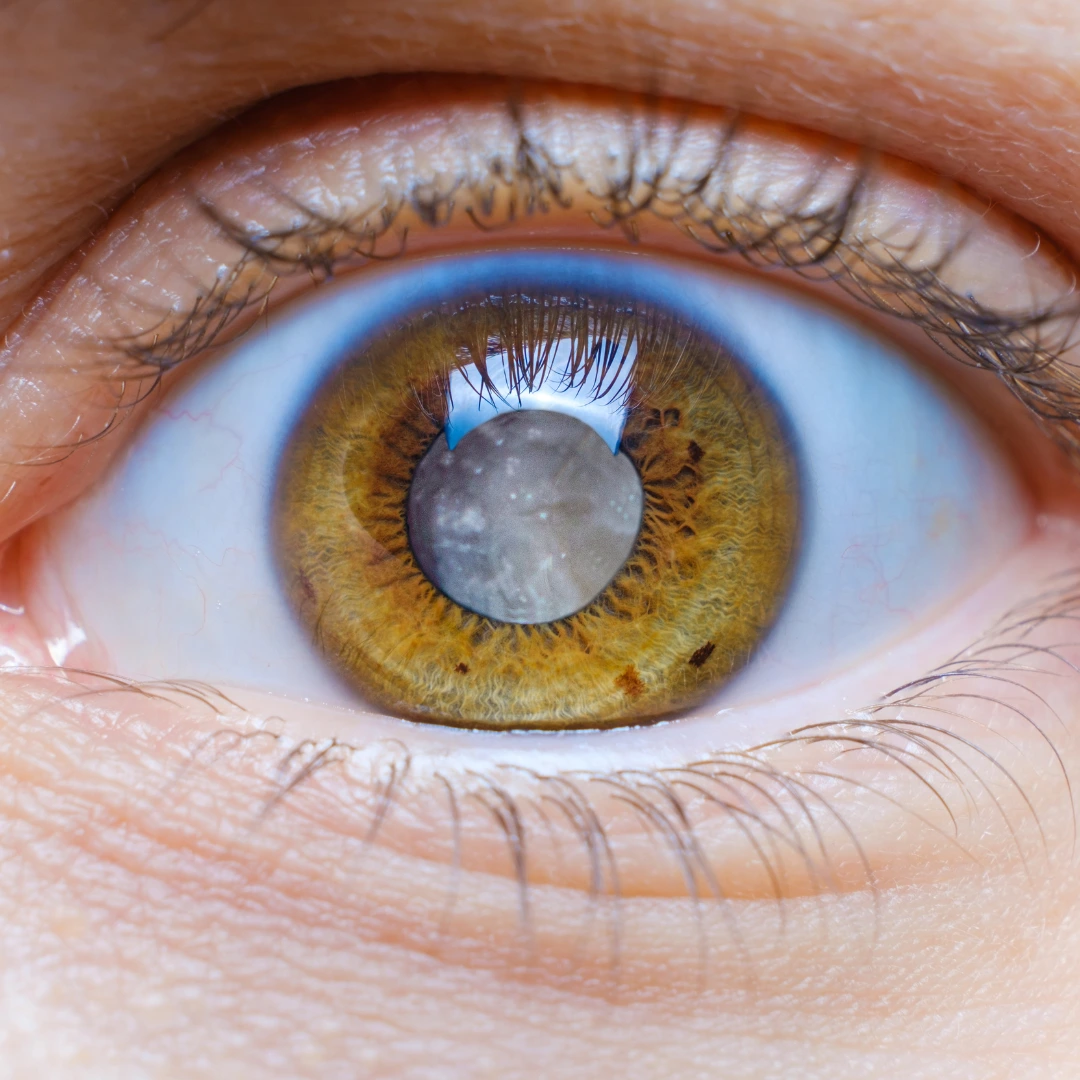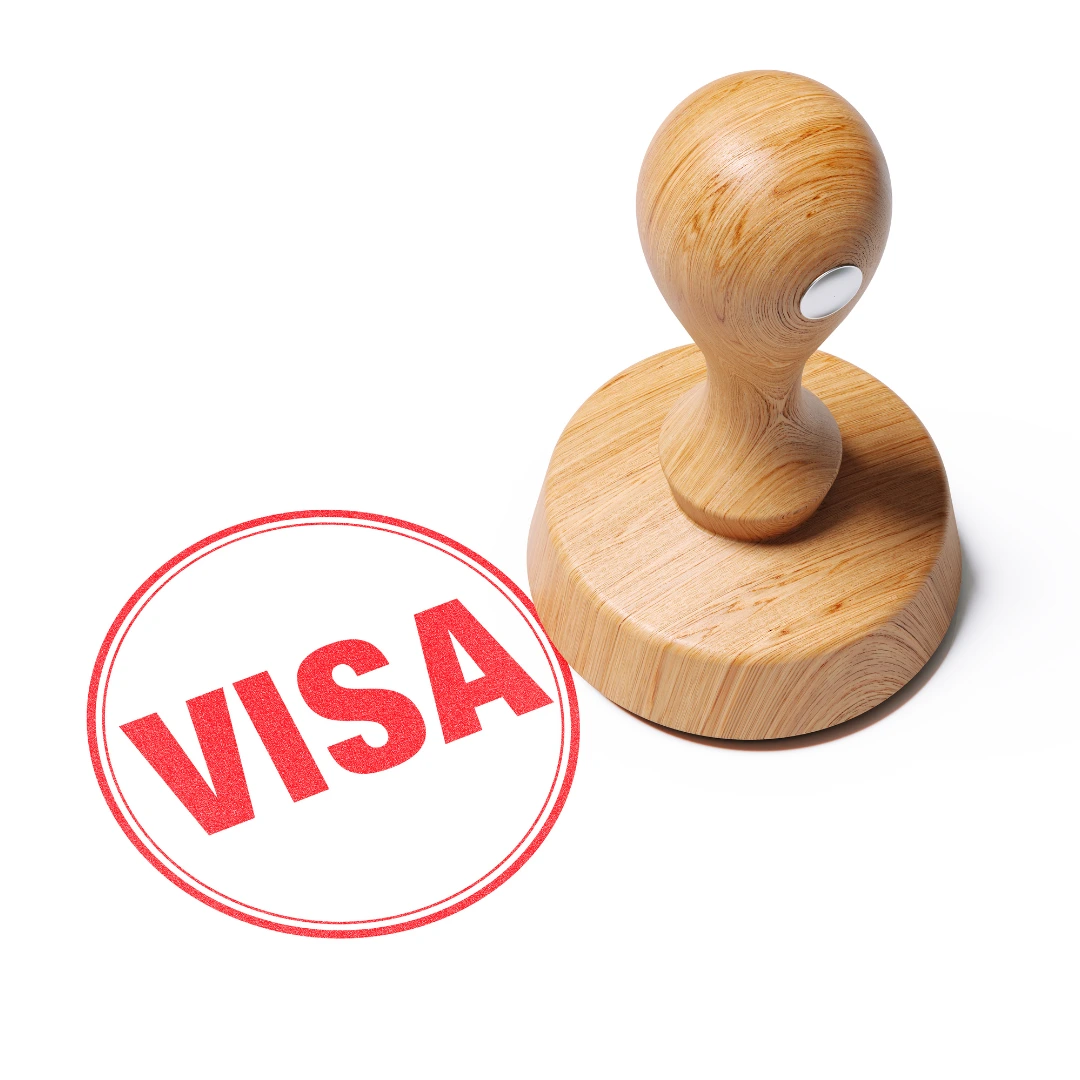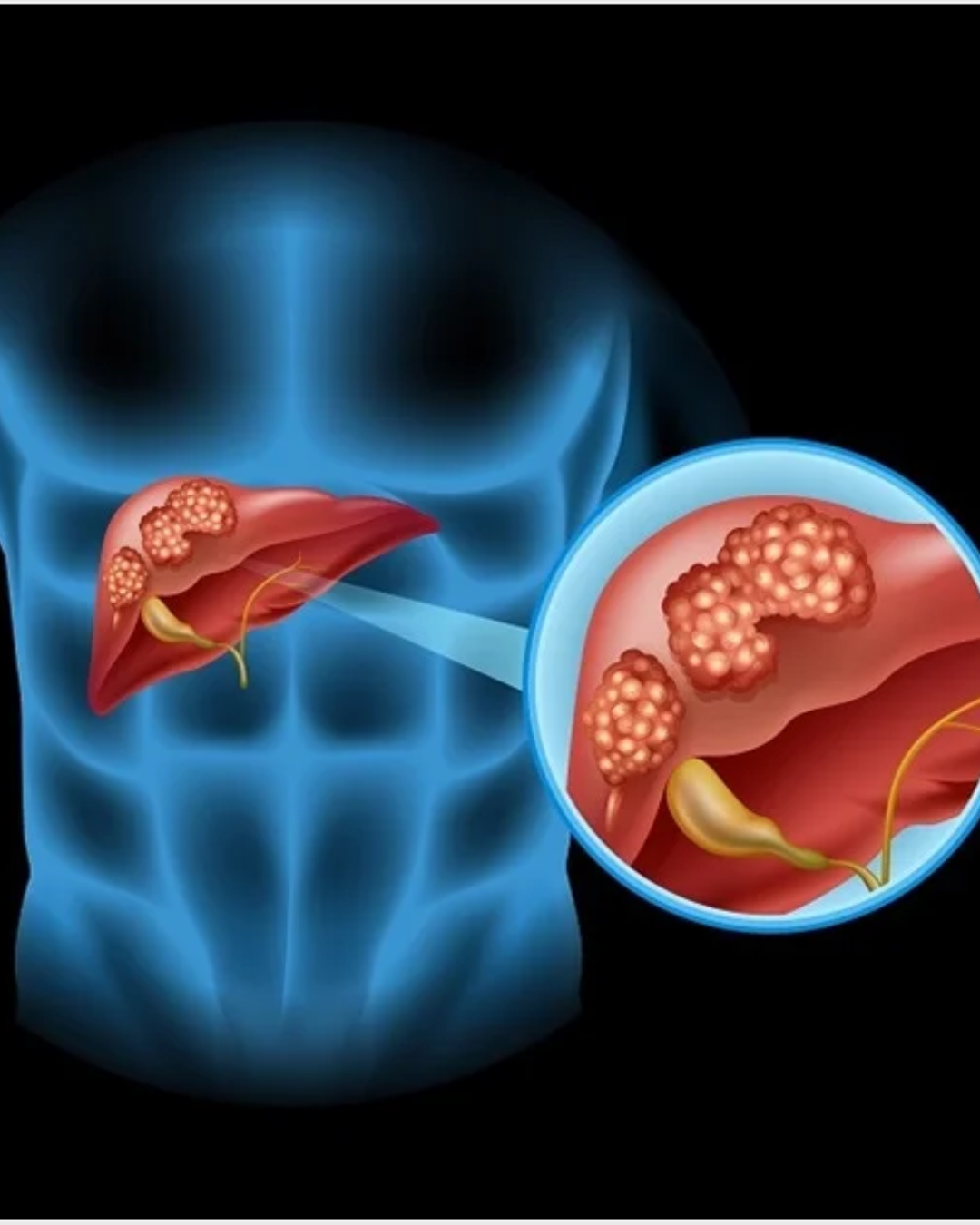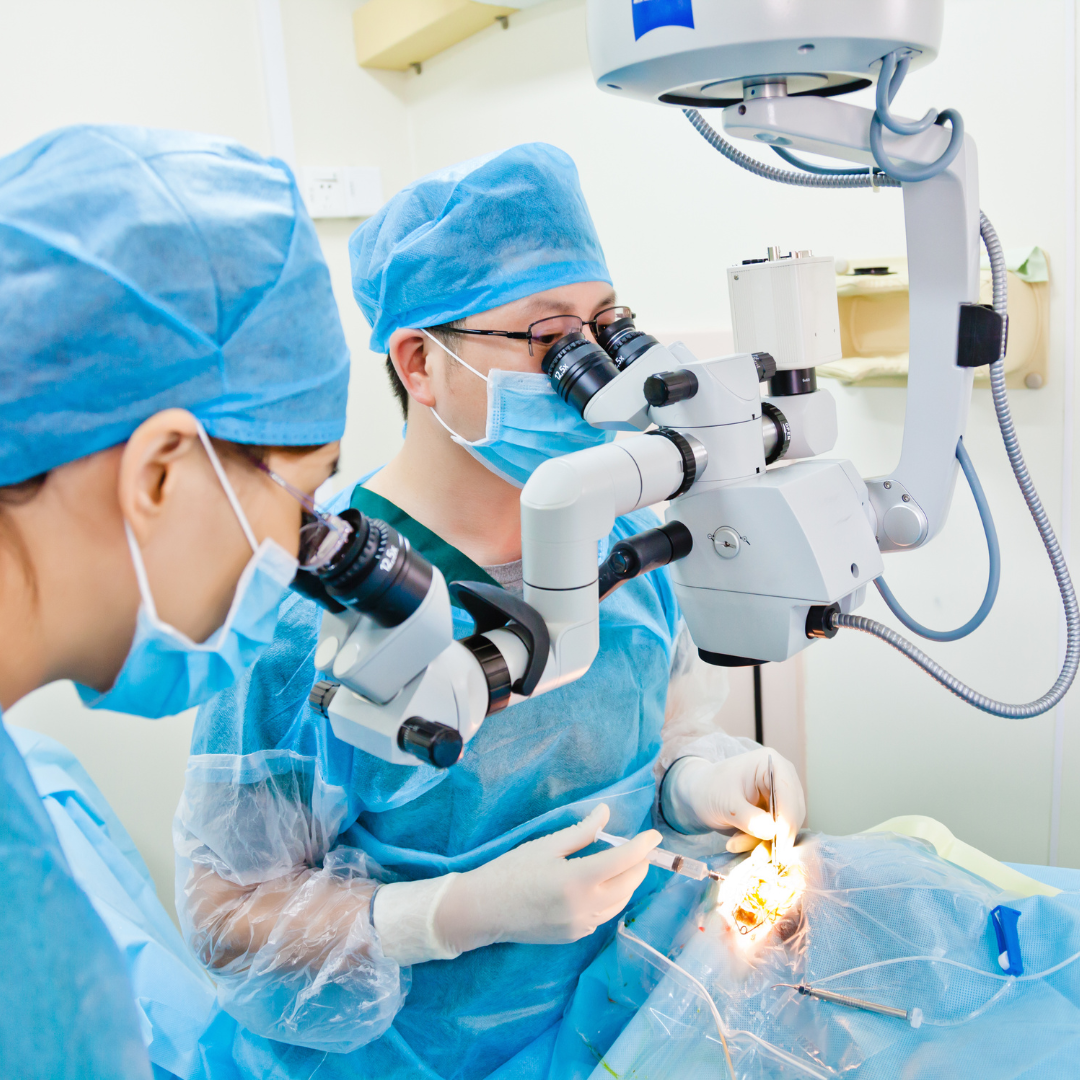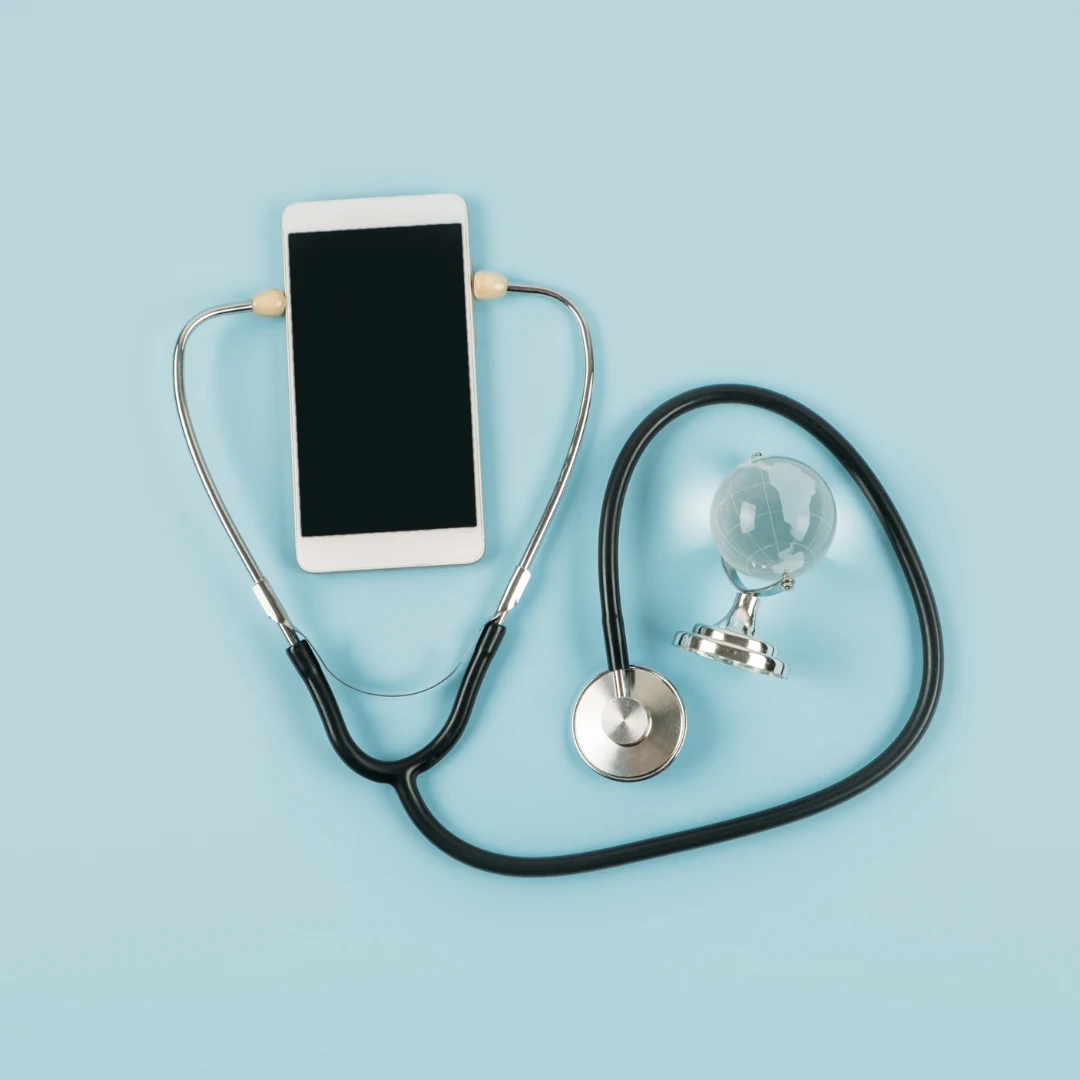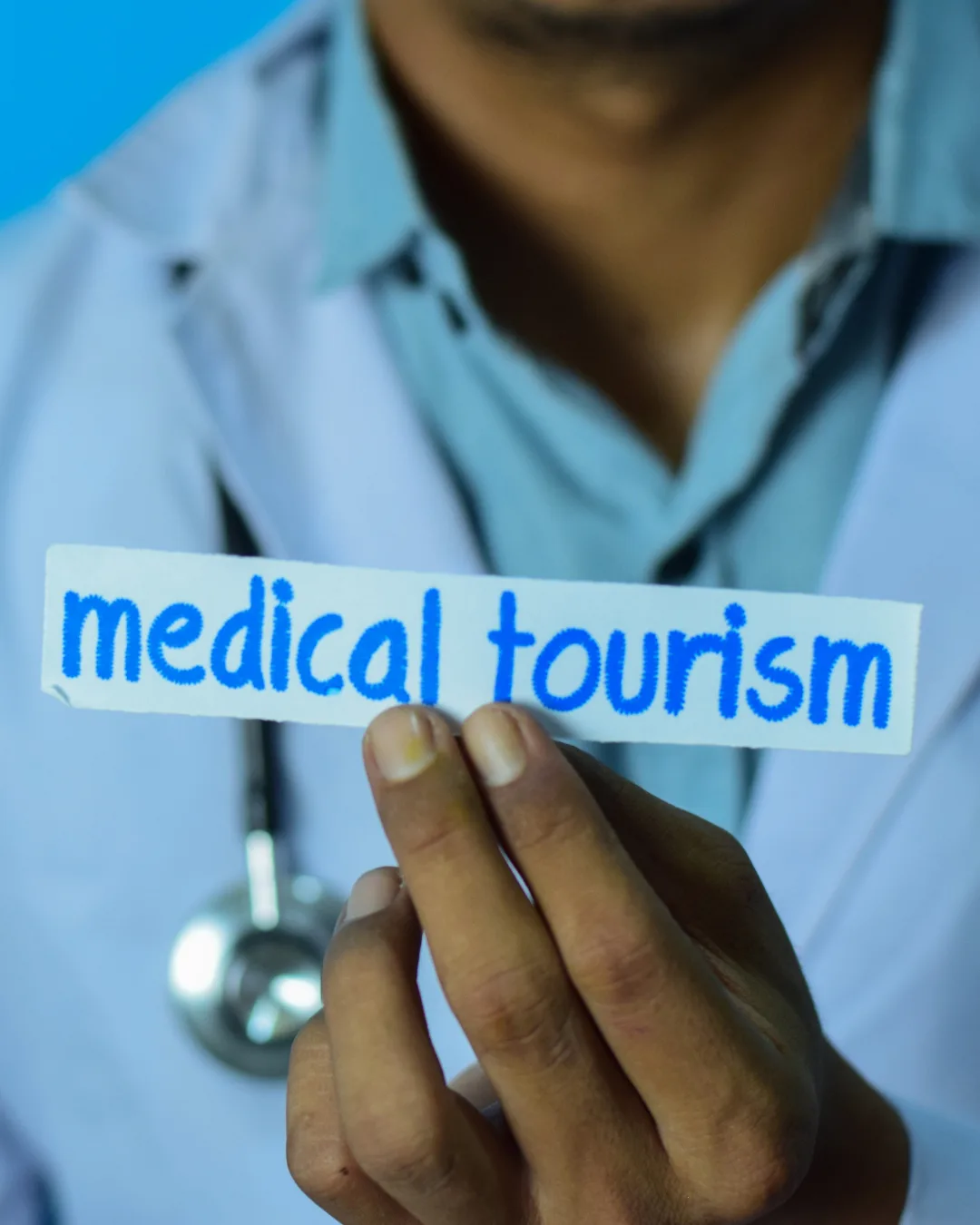Introduction
Celiac disease is an abnormal autoimmune reaction that occurs in the bowel system of a person when there is an intake of gluten. It results in several gastrointestinal ailments and serious gastrointestinal tract problems as this condition damages the small intestine. Celiac disease results in symptoms of gastrointestinal disease (diarrhea, bloating, fatigue) in people with this disease. If not treated, it can lead to gastrointestinal infection and other consequences. As a celiac disease management issue, strict gluten-free diet also acts as part of gastroesophageal reflux disease treatments. Since the disorder disrupts digesting, right gastrointestinal infection treatment is needed to stop further unwanted effects. To diagnose and treat an already developing gastrointestinal disease in its early stages, early detection of the symptoms of gastrointestinal disease is vital; with the early diagnosis and treatment of an active gastrointestinal disease, the chance of developing more severe gastrointestinal disease and serious gastrointestinal problems is decreased.
Cost Comparison
The cost of celiac disease treatment varies widely anywhere in the world, depending on the hospital, the stage of cancer, the type of treatment, the number of therapy sessions required, the patient’s overall health condition, post-operative complications and care, etc. The average cost of celiac disease in India is USD $5000.
But be assured as the cost of Celiac Disease in India is just a fraction of developed nations.
- Avg Cost of treatment - $5000
- Maximum cost of treatment - $12000
Factors affecting Cost Of Treatment
-
Blood tests and endoscopy for diagnosis of gastrointestinal ailments or gastrointestinal tract problem costs differs. Identification of the symptoms of gastrointestinal disease and other conditions can be performed through these tests.
-
Hospital and Doctor Fees: The consultation fees depend on the hospital and the premium hospitals charge higher consultation charges for the care they render in the bowel system and the treatment given to gastroesophageal reflux disease if present.
-
Dietary requirements: Requires a strict gluten free diet, which is expensive particularly for those who are severely infected in the gastrointestinal tract requiring special nutritional support.
-
Generally, medications and supplements like vitamins, probiotics, and treatment for gastrointestinal infection further the spending, the same goes for individuals with malabsorption issues.
-
Follow up and Long term Care: Treatment of the gastrointestinal tract problem may involve a significant amount of follow up and long term care, thereby increasing the cost of treatment. It is important, however, that gastrointestinal infection can also complicate expenses.
-
Treatments for gastroesophageal reflux disease and therapies for persistent symptoms of gastrointestinal disease are associated conditions and, therefore, will increase the costs.
Treatment Options
-
The main treatment is a strict gluten free diet, as the diet is important in preventing further damage to the bowel system and in managing the gastrointestinal ailments. It allows one to reduce symptoms caused by gastrointestinal disease and heal.
-
Nutritional Supplements: Because of gastrointestinal problems and gastrointestinal infection, patients need vitamin and mineral supplements like iron, calcium, and vitamin D.
-
Doctors may prescribe drugs to relieve symptoms of gastrointestinal disease in some instances, including anti diarrheals, anti inflammatory drugs, and gastro esophageal reflux disease drugs if acid reflux is present.
-
Probiotics and Digestive Enzyme pills are beneficial in that they aid in the restoration of gut health and relief from gastrointestinal ailments and aid in treatment for the gastrointestinal infection.
-
Other Conditions Associated with Celiac Disease: Osteoporosis and lactose intolerance can be managed when celiac disease occurs, making specialized care necessary for long term gastrointestinal tract problems.
-
Immunosuppressive drugs or steroids may be needed to treat any chronic gastrointestinal infection and severe damage to the bowel system that remains even with a gluten free diet.
-
Continuous Follow-Ups, and Regular Monitoring: Physical check-ups are conducted continuously to monitor recovery and development, assess the treatment of gastrointestinal infection, as well to adjust dietary or medical intervention according to symptoms associated with gastrointestinal disease and gut healing.
How Medotil Assists International Patients
Medical Visa Assistance
- Guides patients through the process of obtaining a medical visa for India.
- Provides necessary documentation support, such as invitation letters from hospitals.
Accommodation Arrangements
- Helps secure comfortable and affordable lodging near treatment centers.
- Offers a range of options, including guest houses, hotels, or serviced apartments.
Food Services
- Assists in arranging dietary preferences, including international cuisines and special diets for medical needs.
Transportation Support
- Provides airport pickup and drop-off services.
- Offers reliable transportation for hospital visits and local travel.
Hospital and Doctor Selection
- Recommends top hospitals and connects patients with experienced specialists in their specific condition.
- Ensures access to advanced medical treatments and technology.
Tourism Services
- Organizes visits to famous tourist attractions like the Taj Mahal, Jaipur, Kerala, and other cultural landmarks.
- Tailors travel plans based on patient preferences and recovery needs.
24/7 Support
- Provides round-the-clock assistance for any queries or emergencies during the stay in India.


